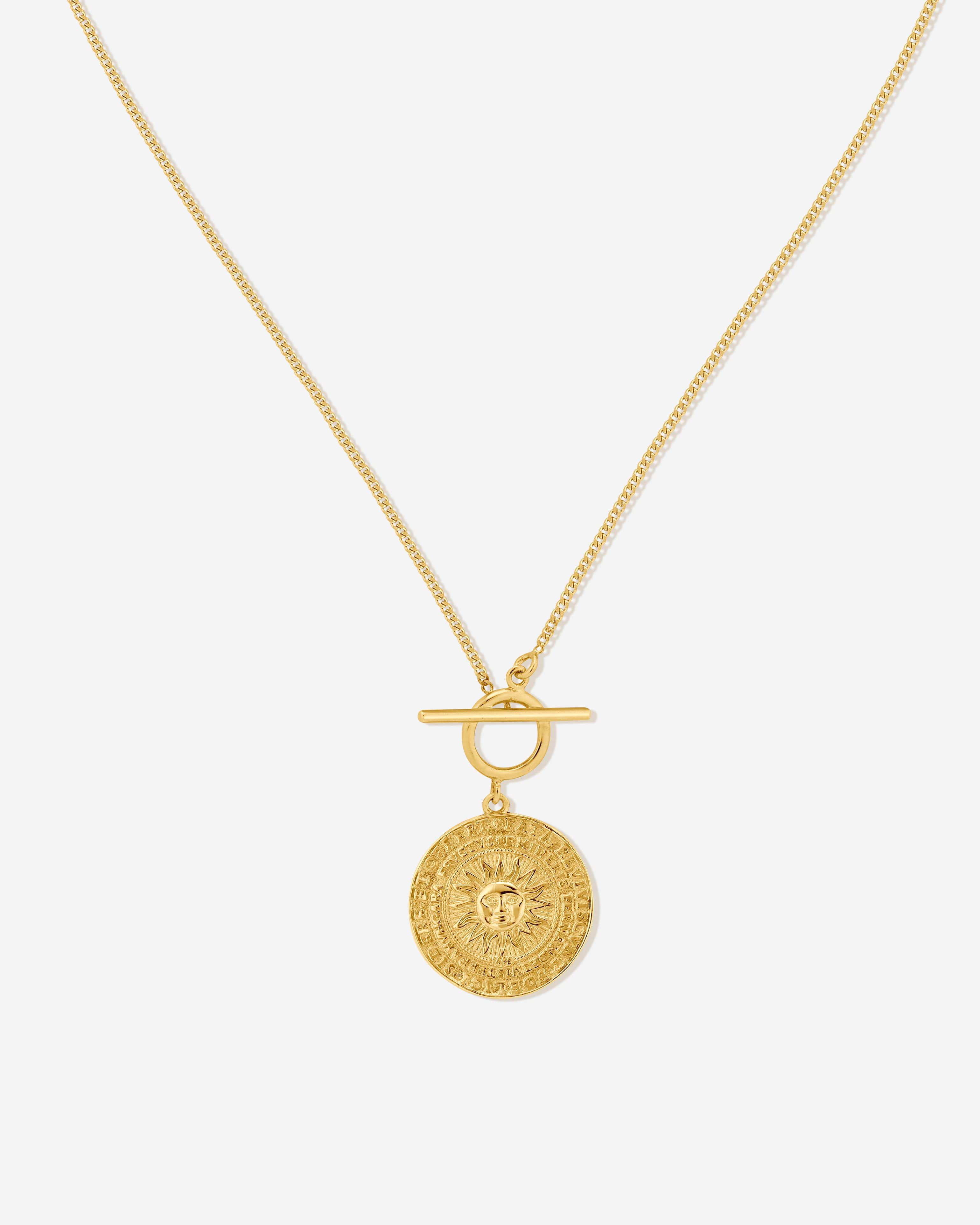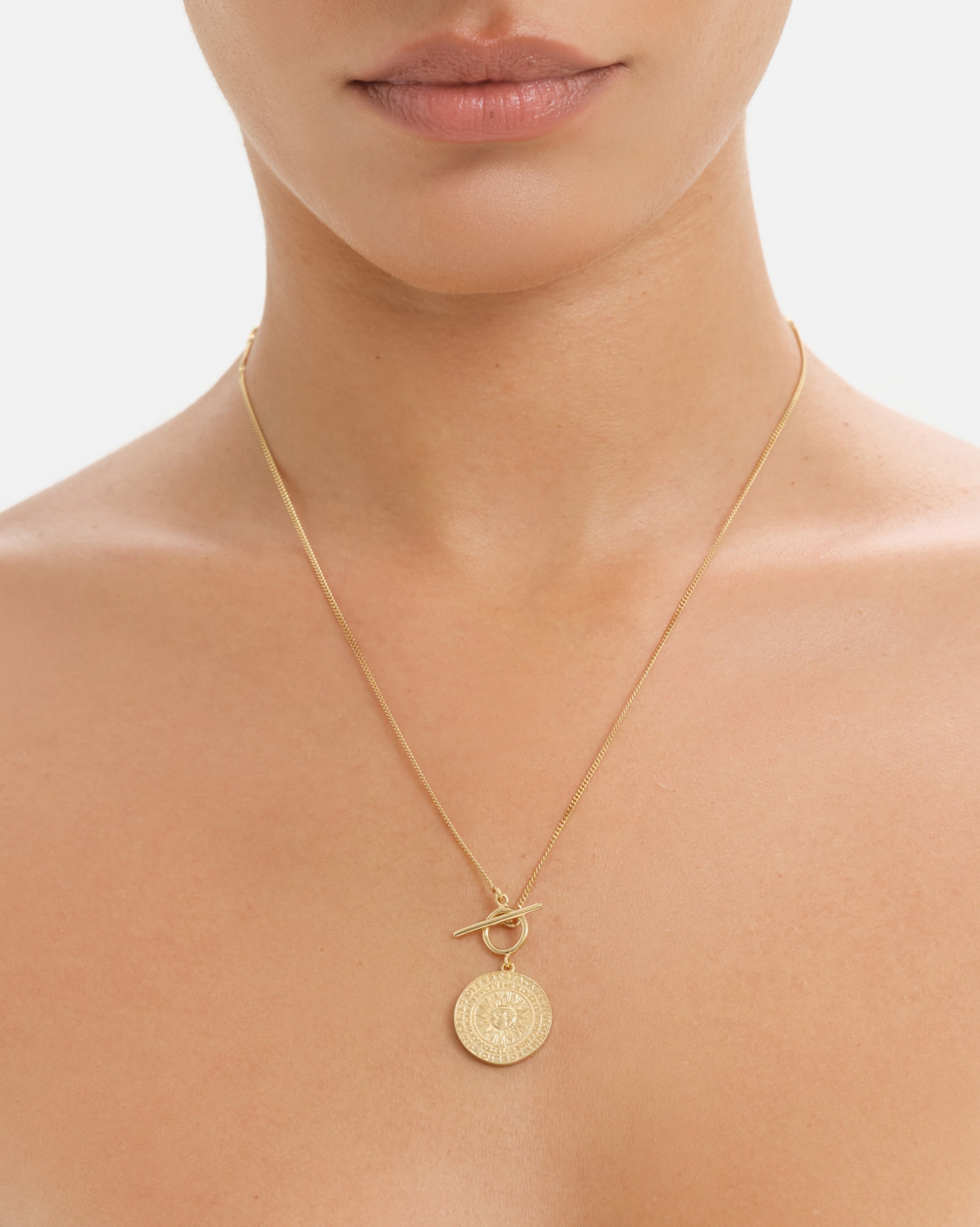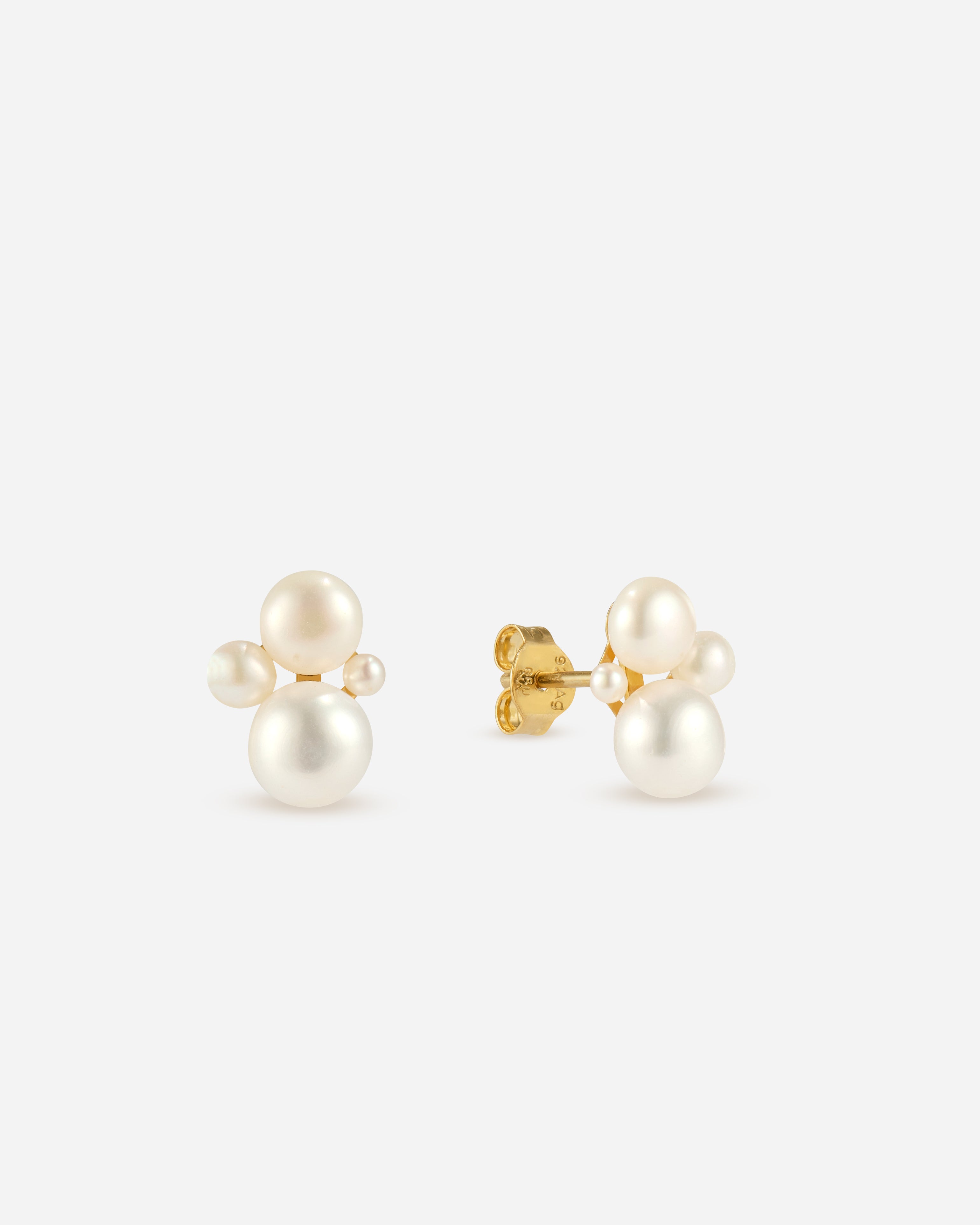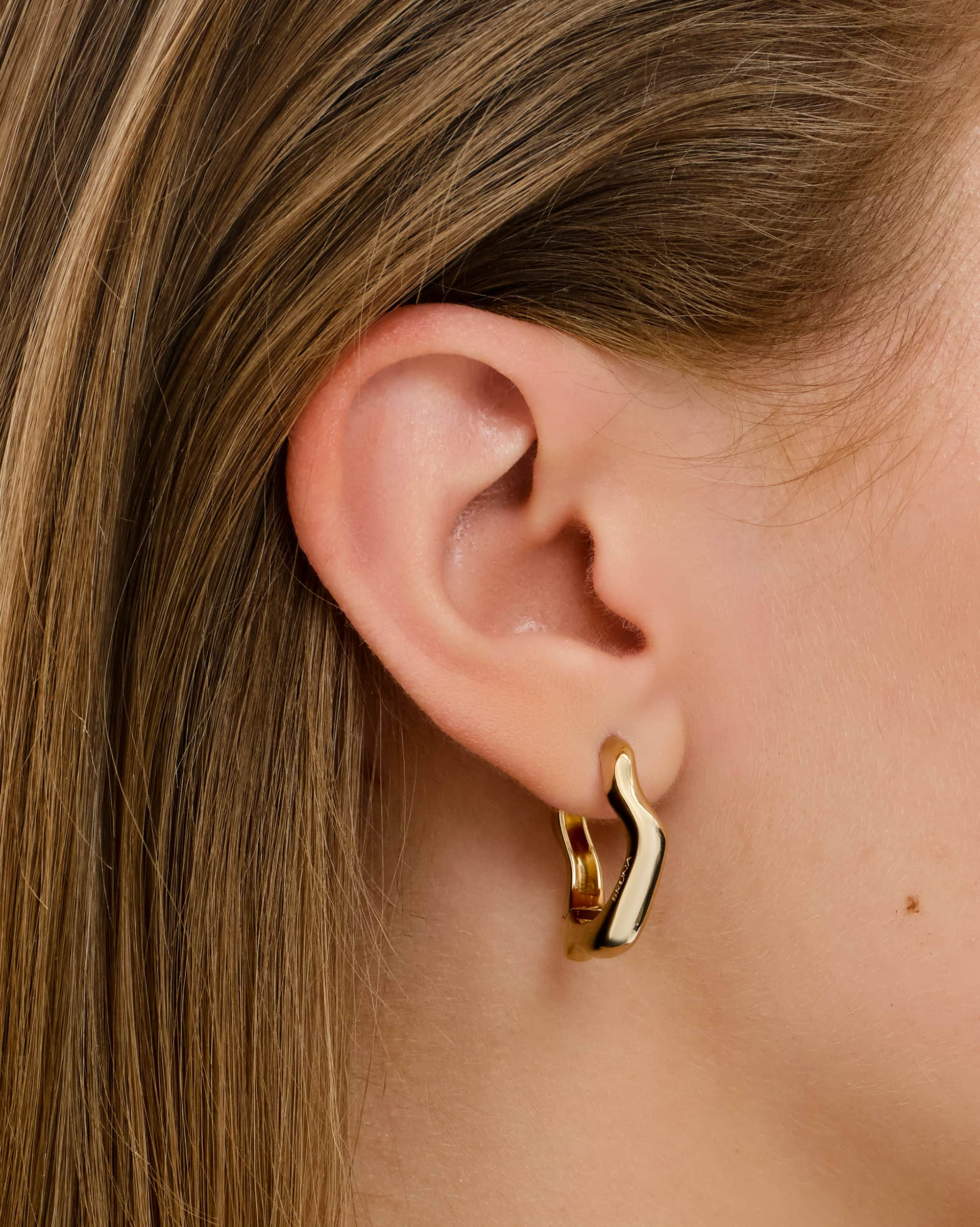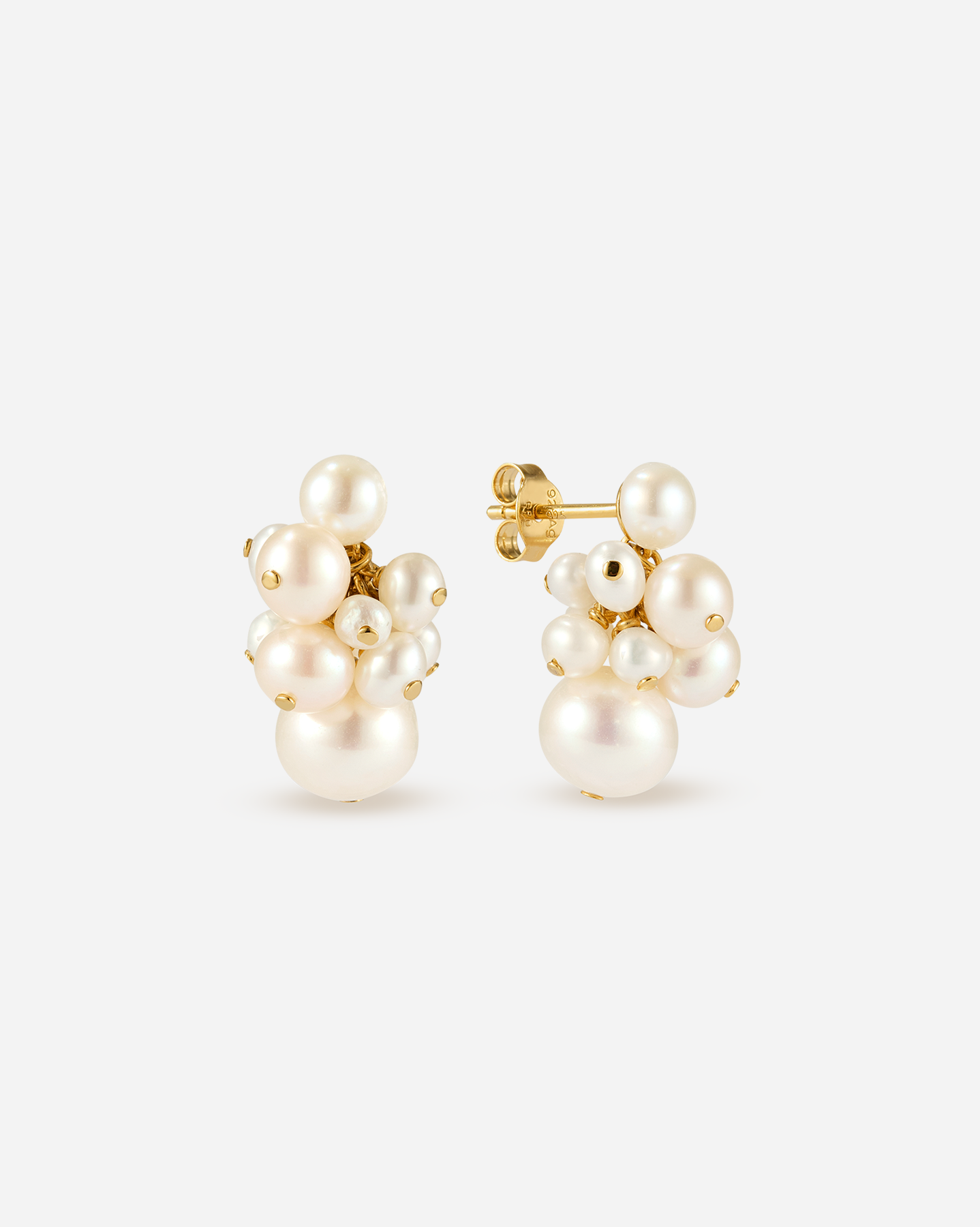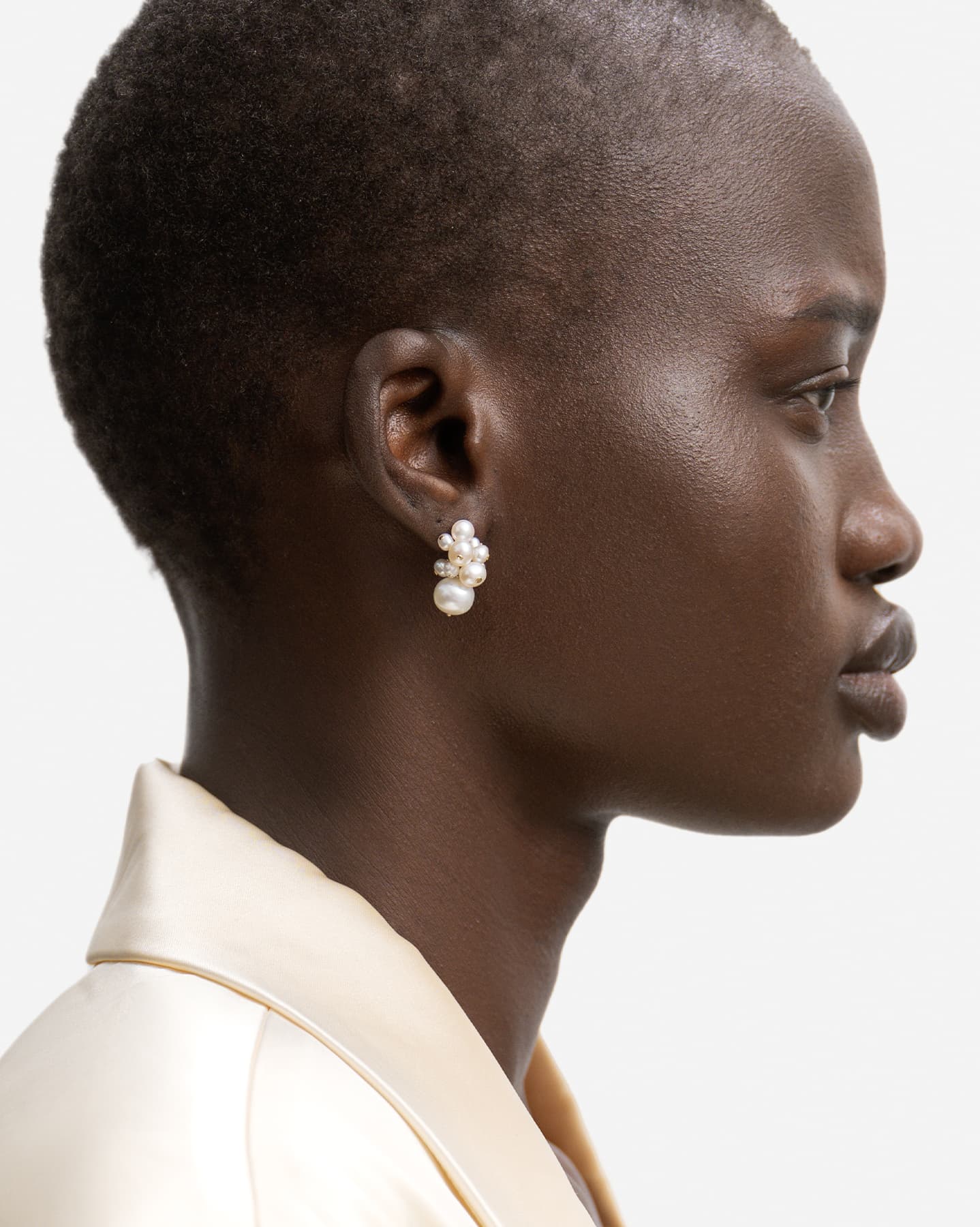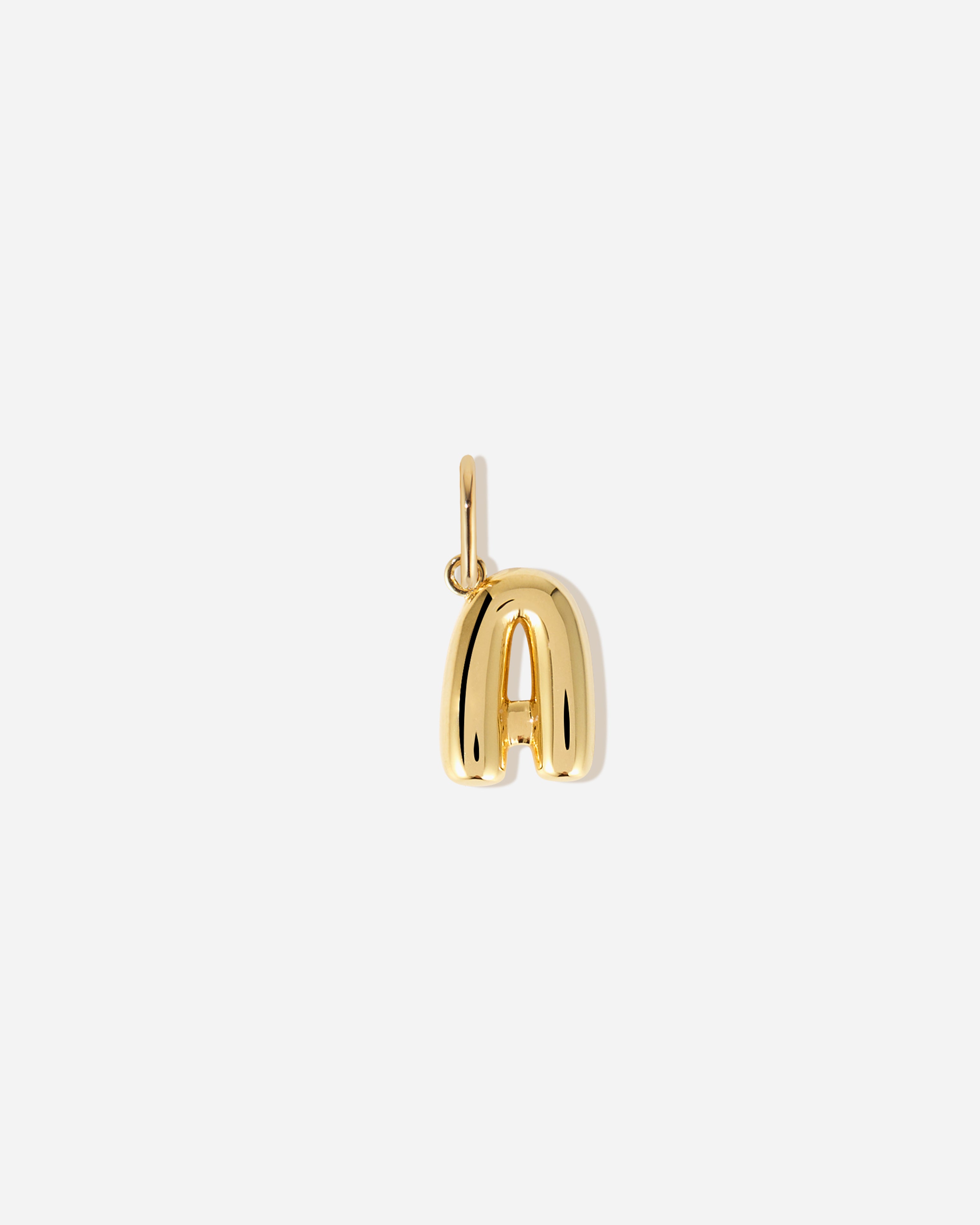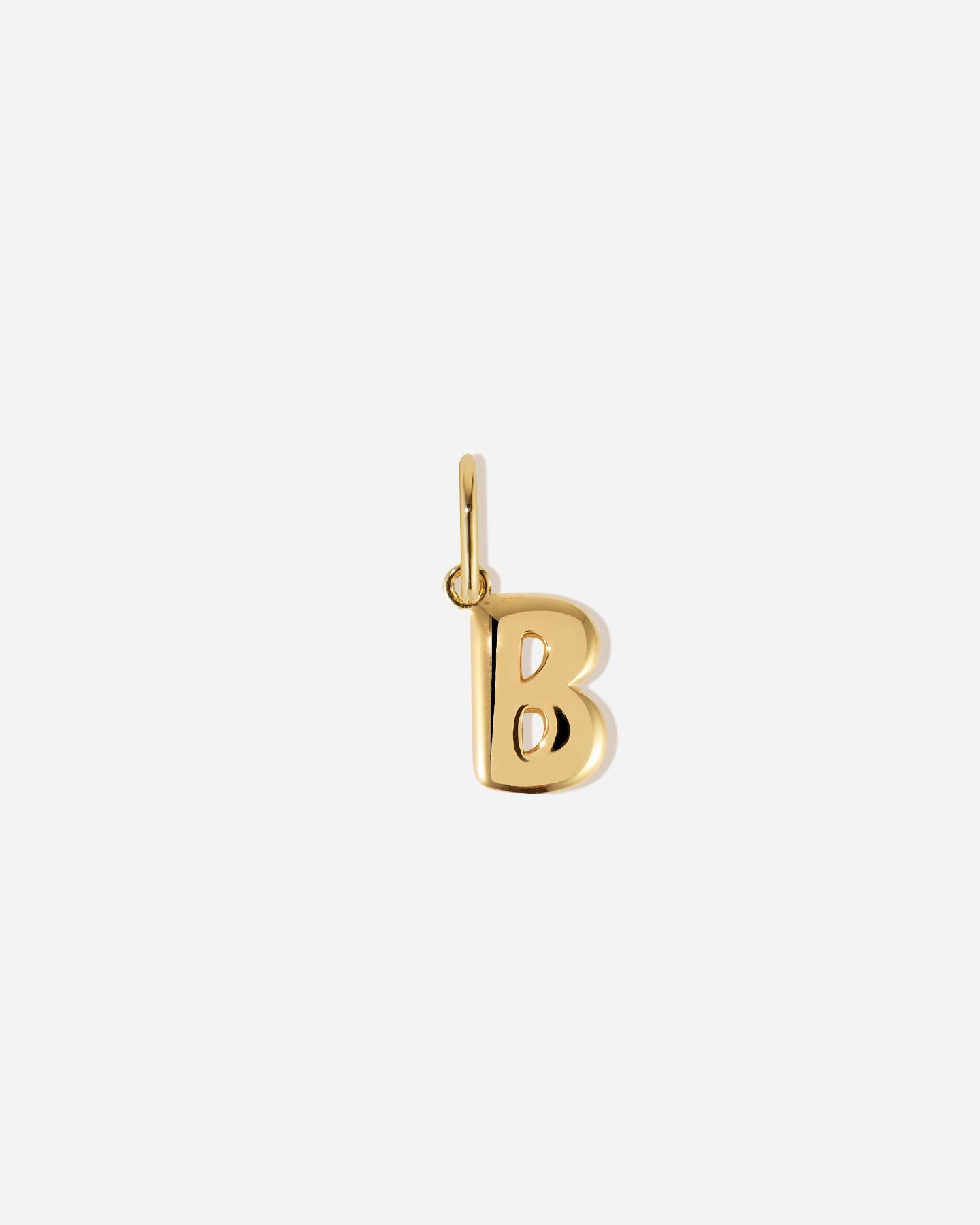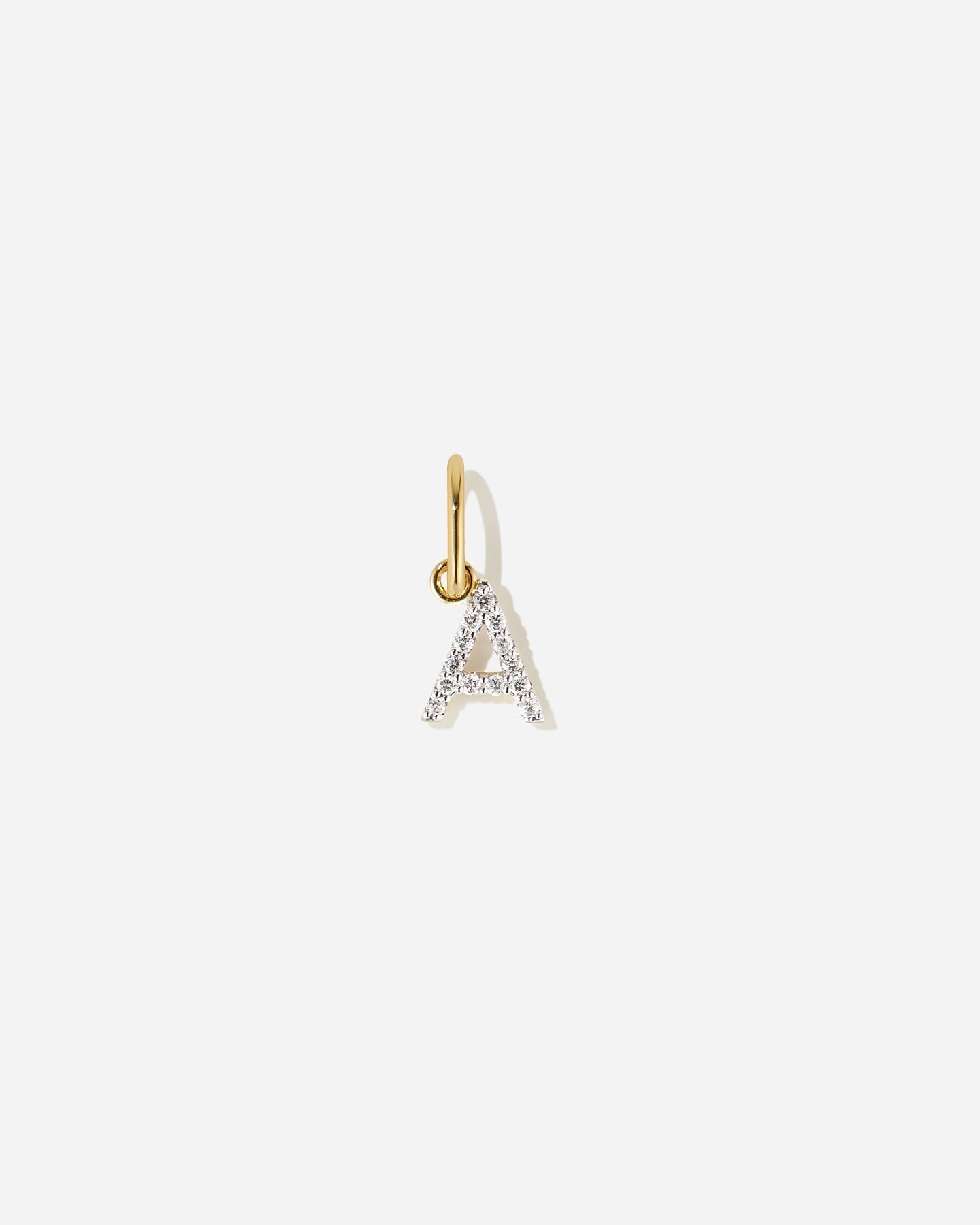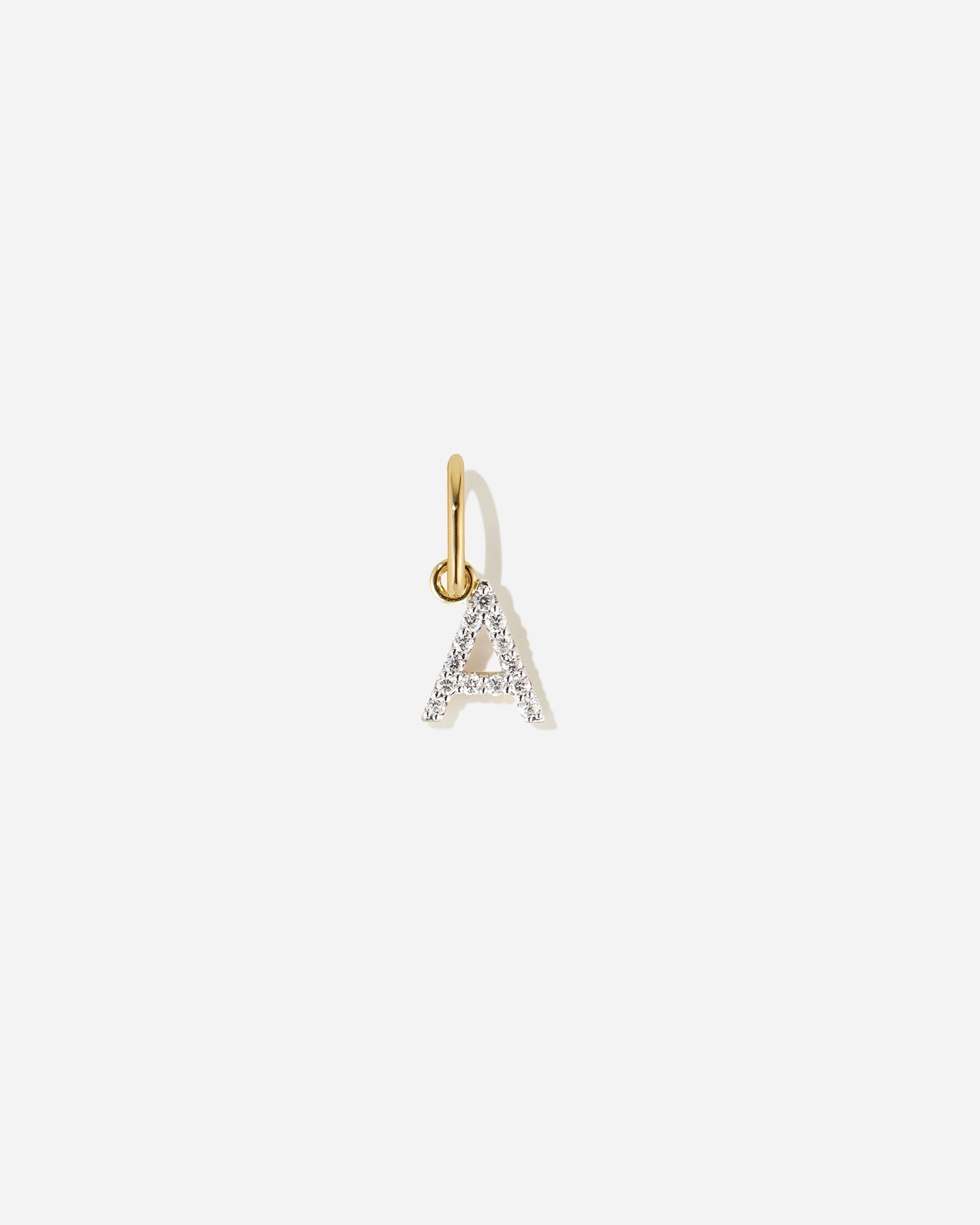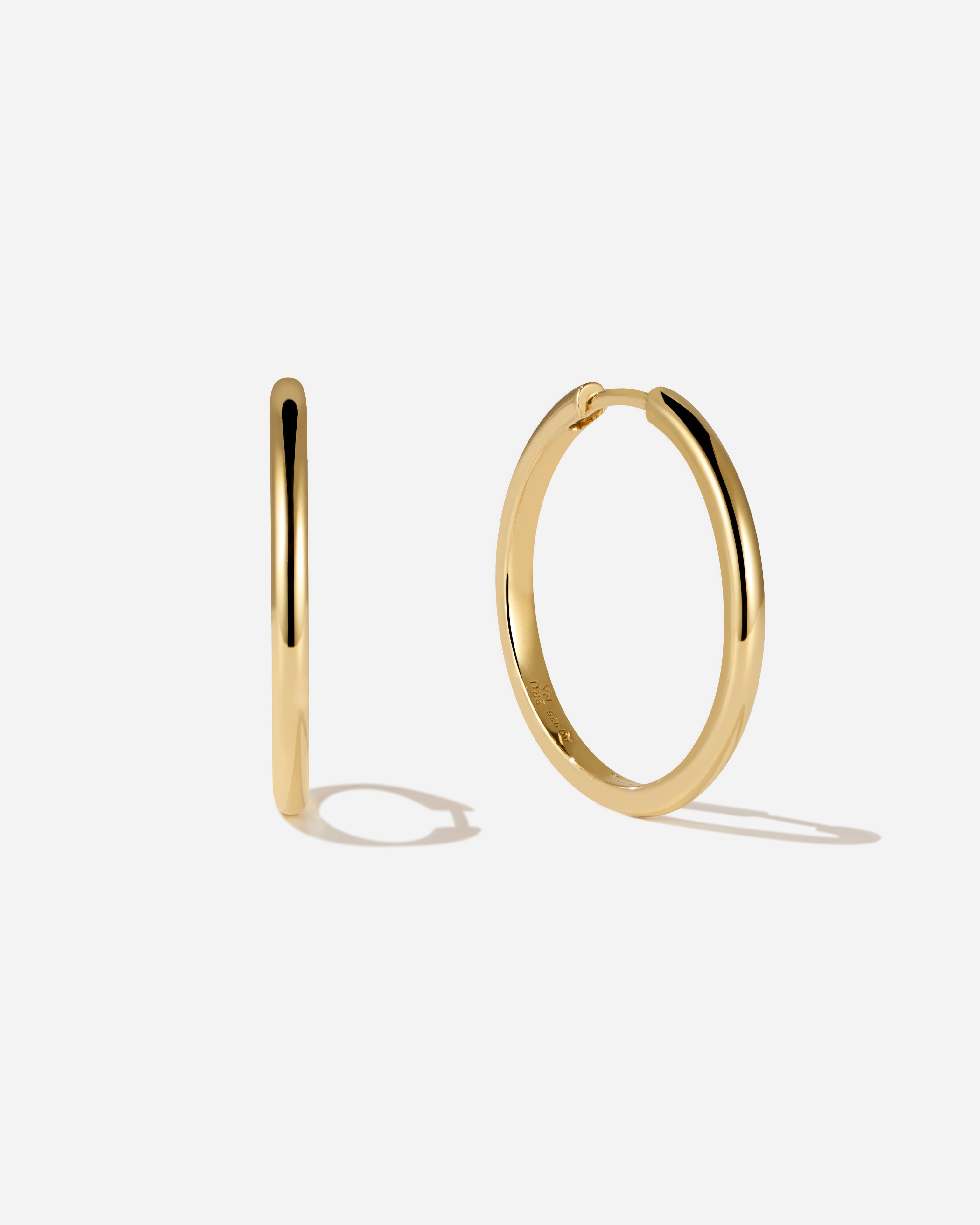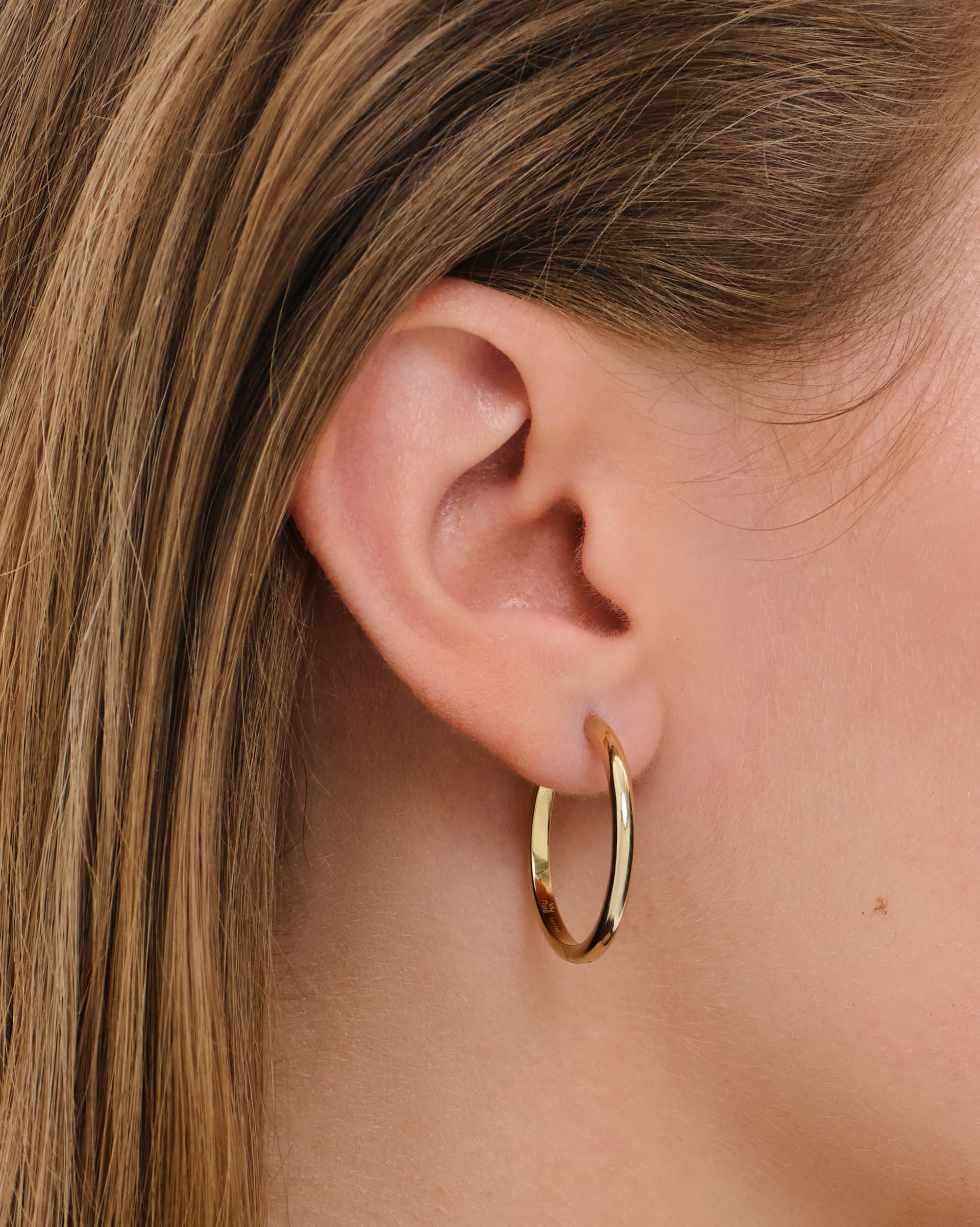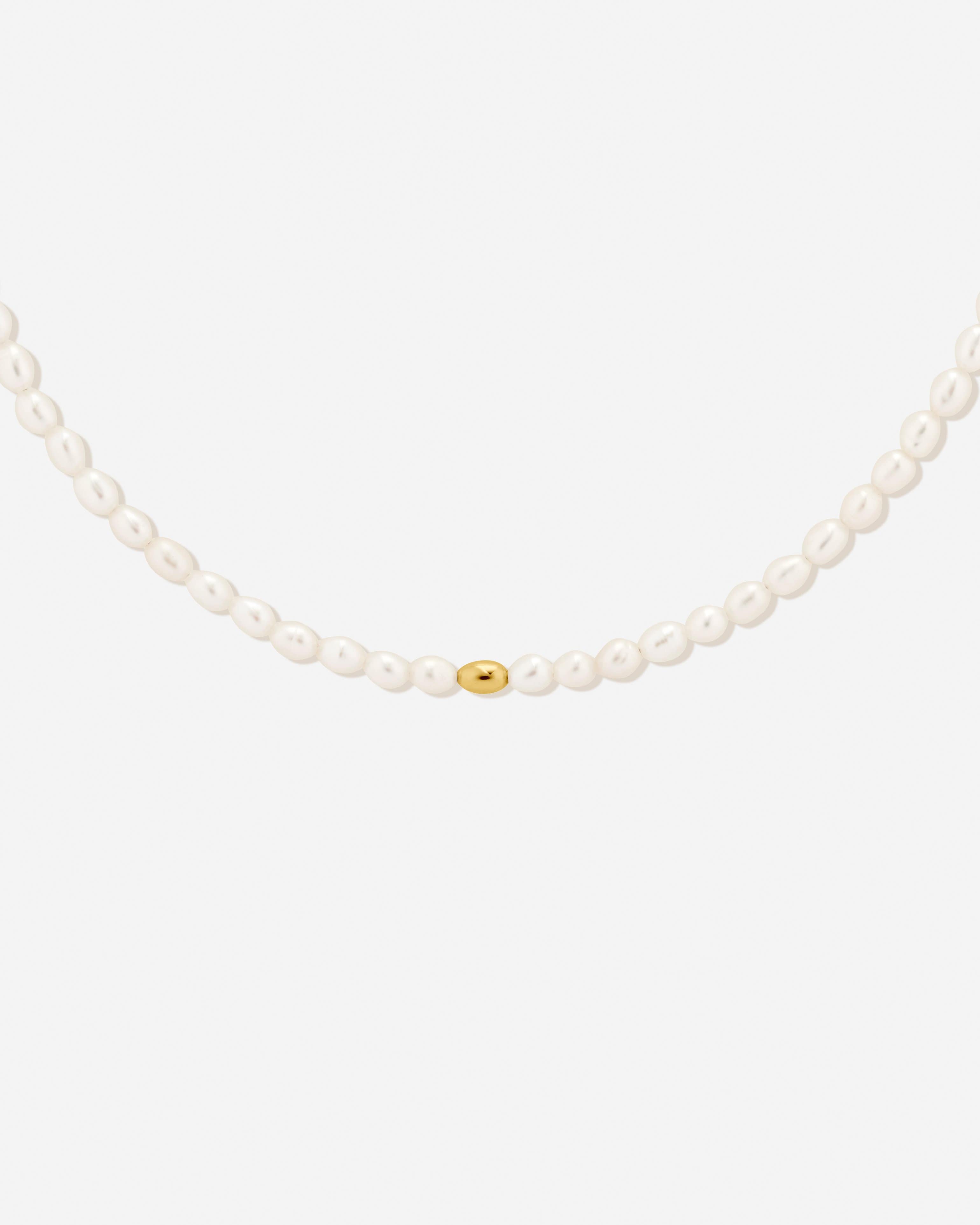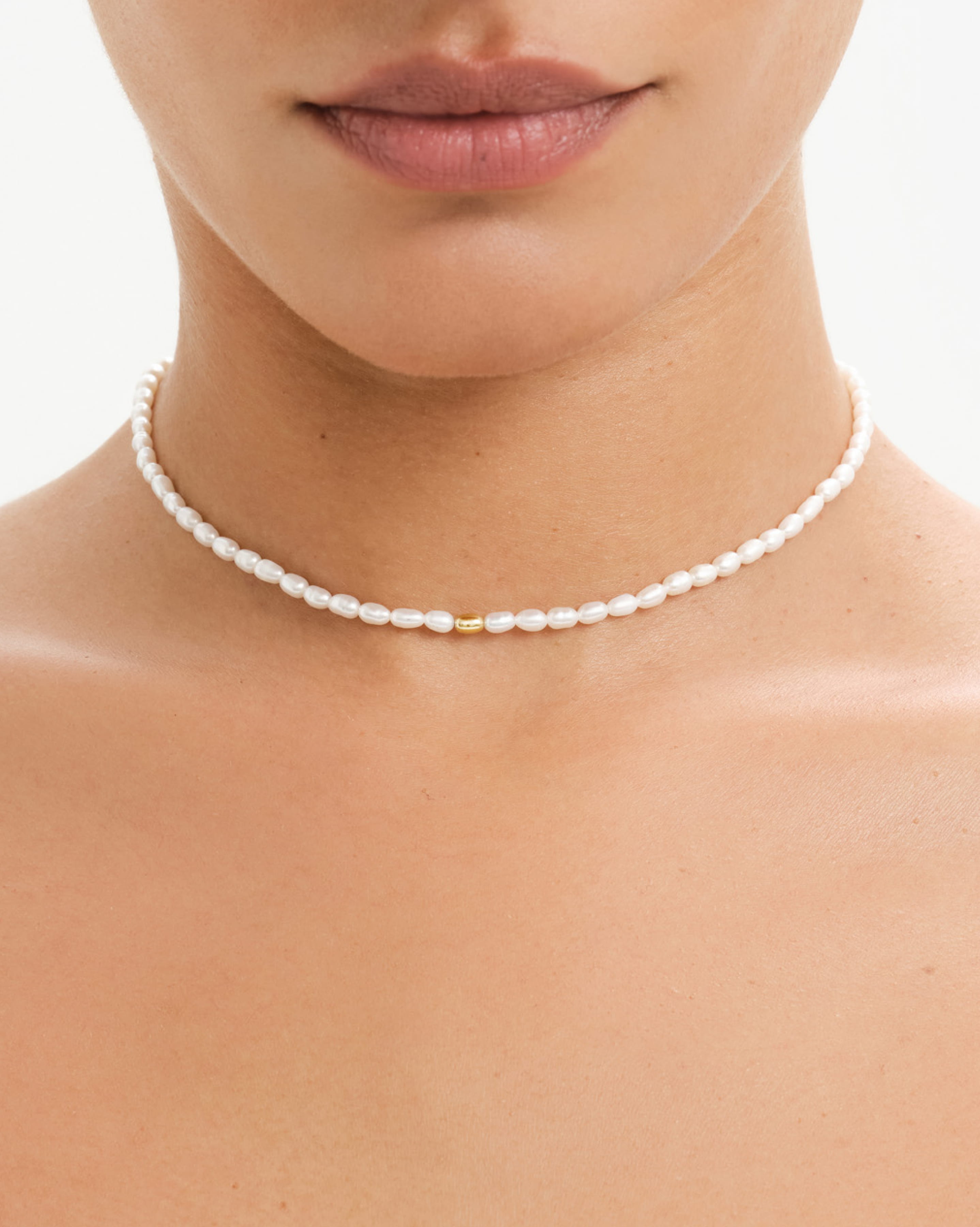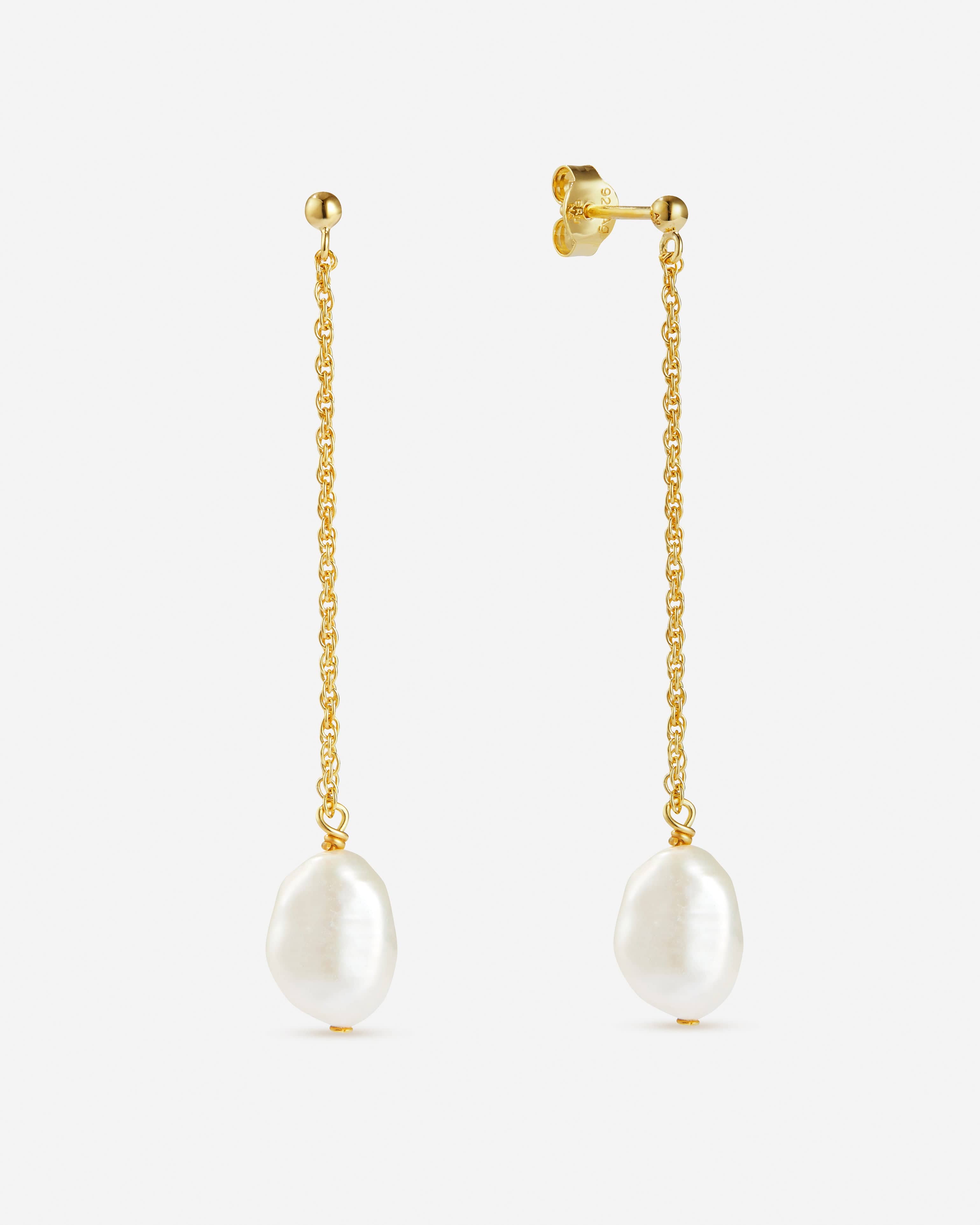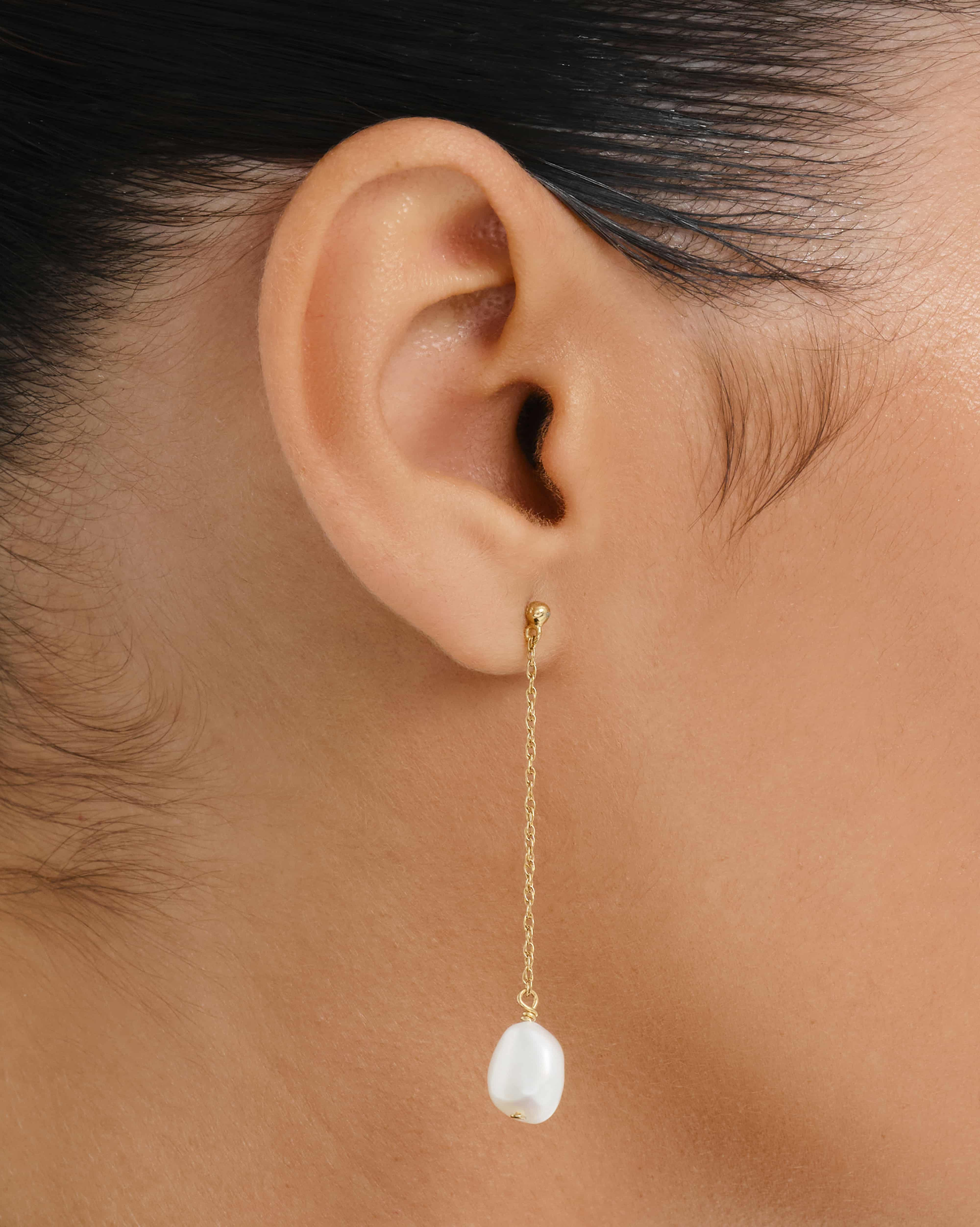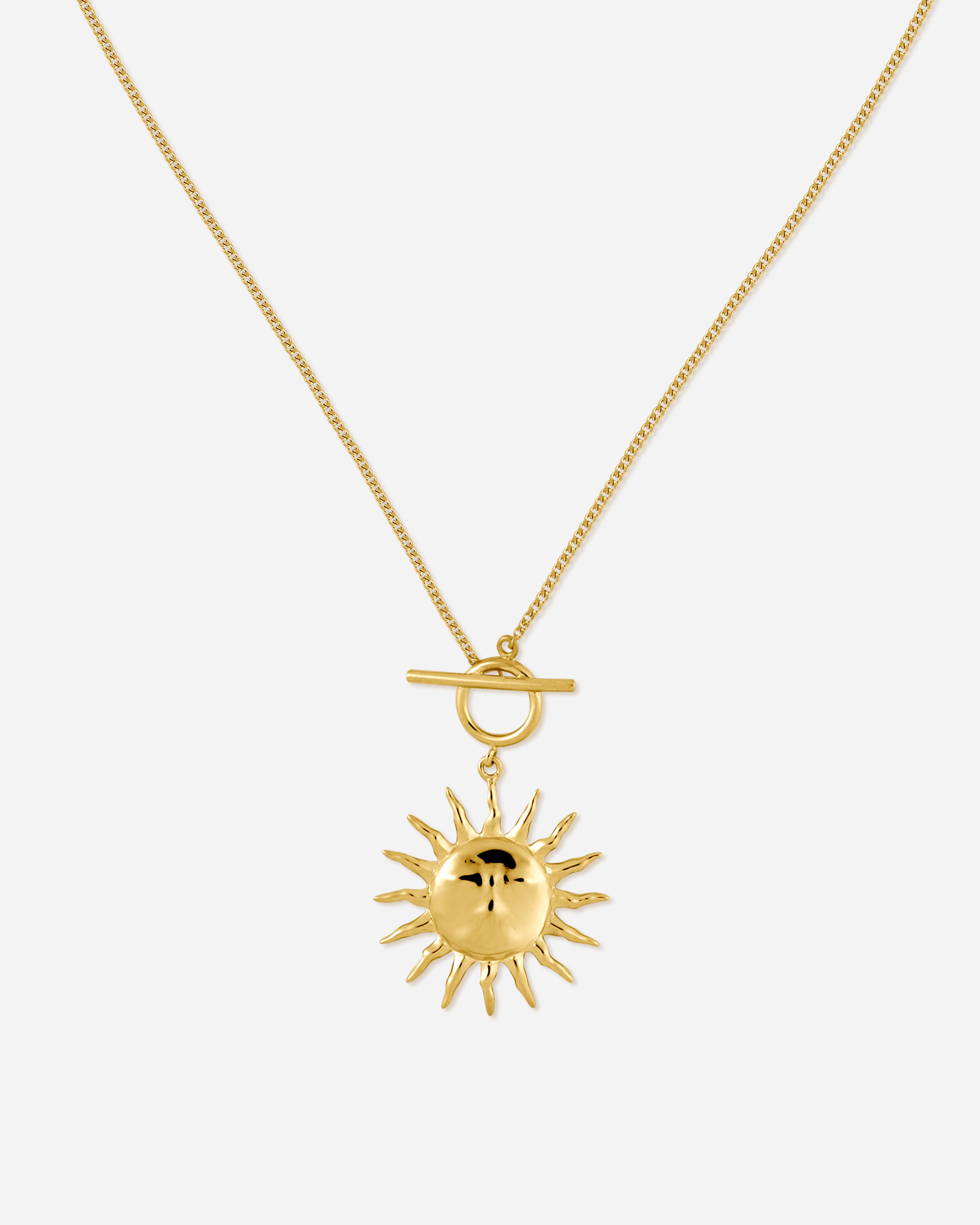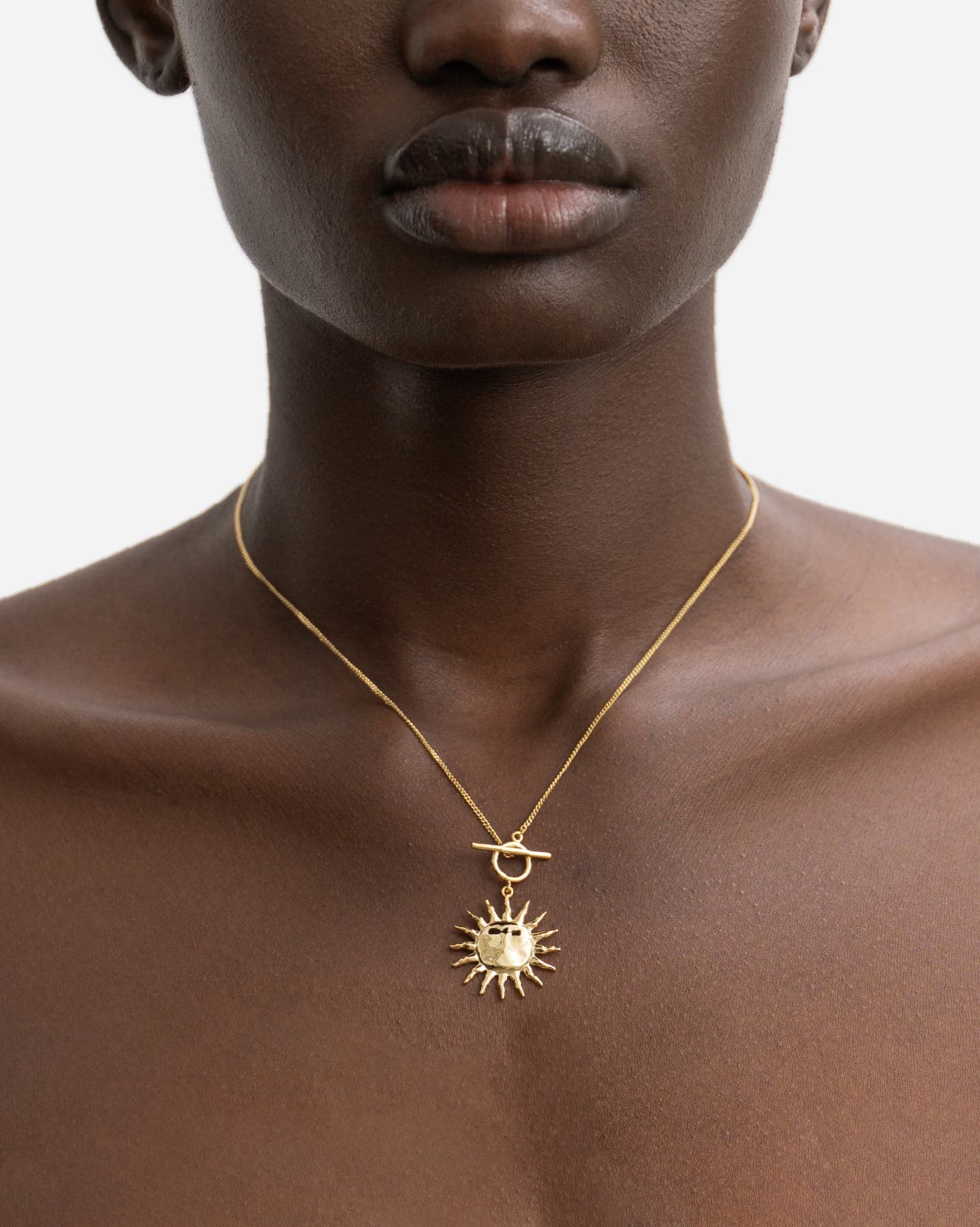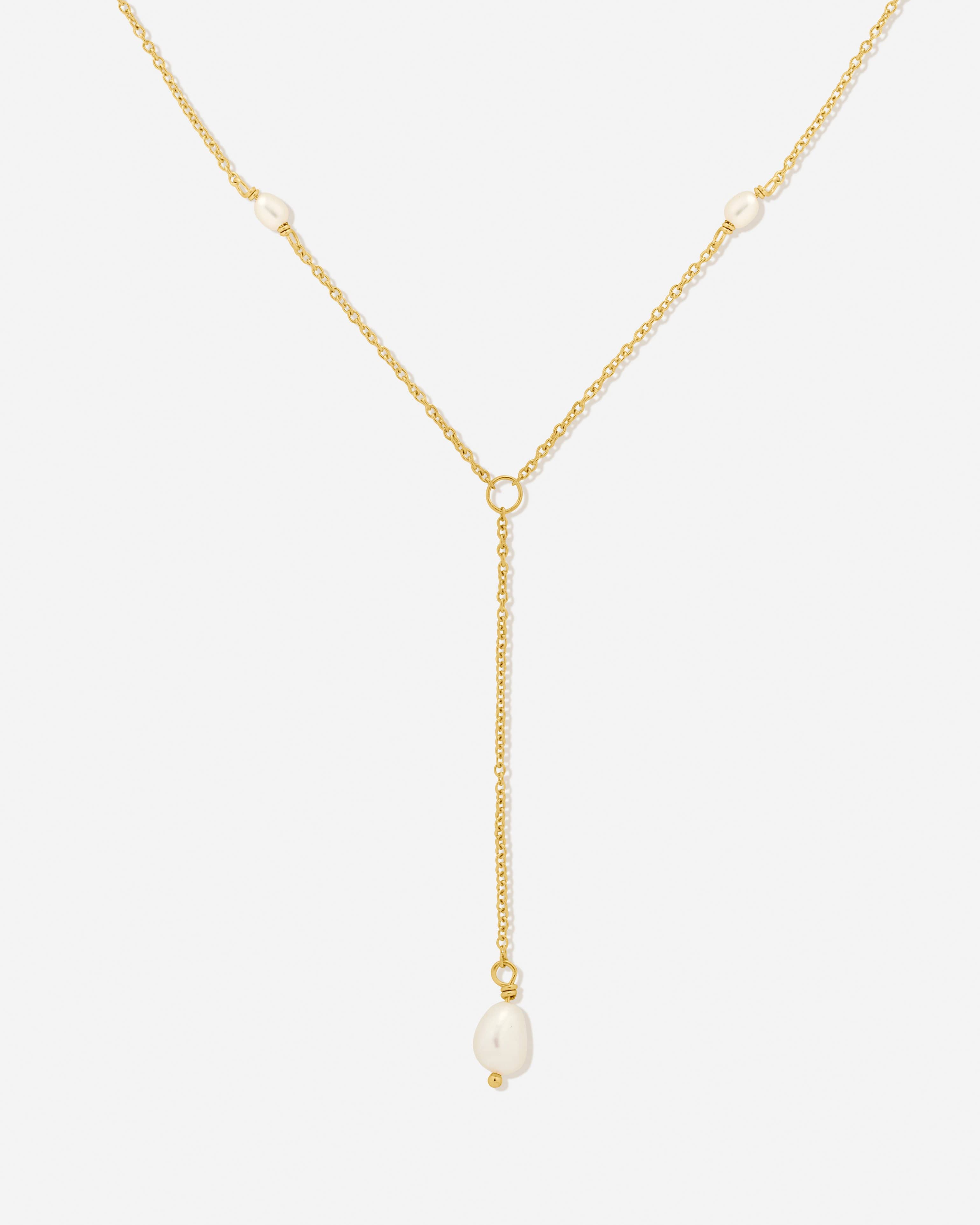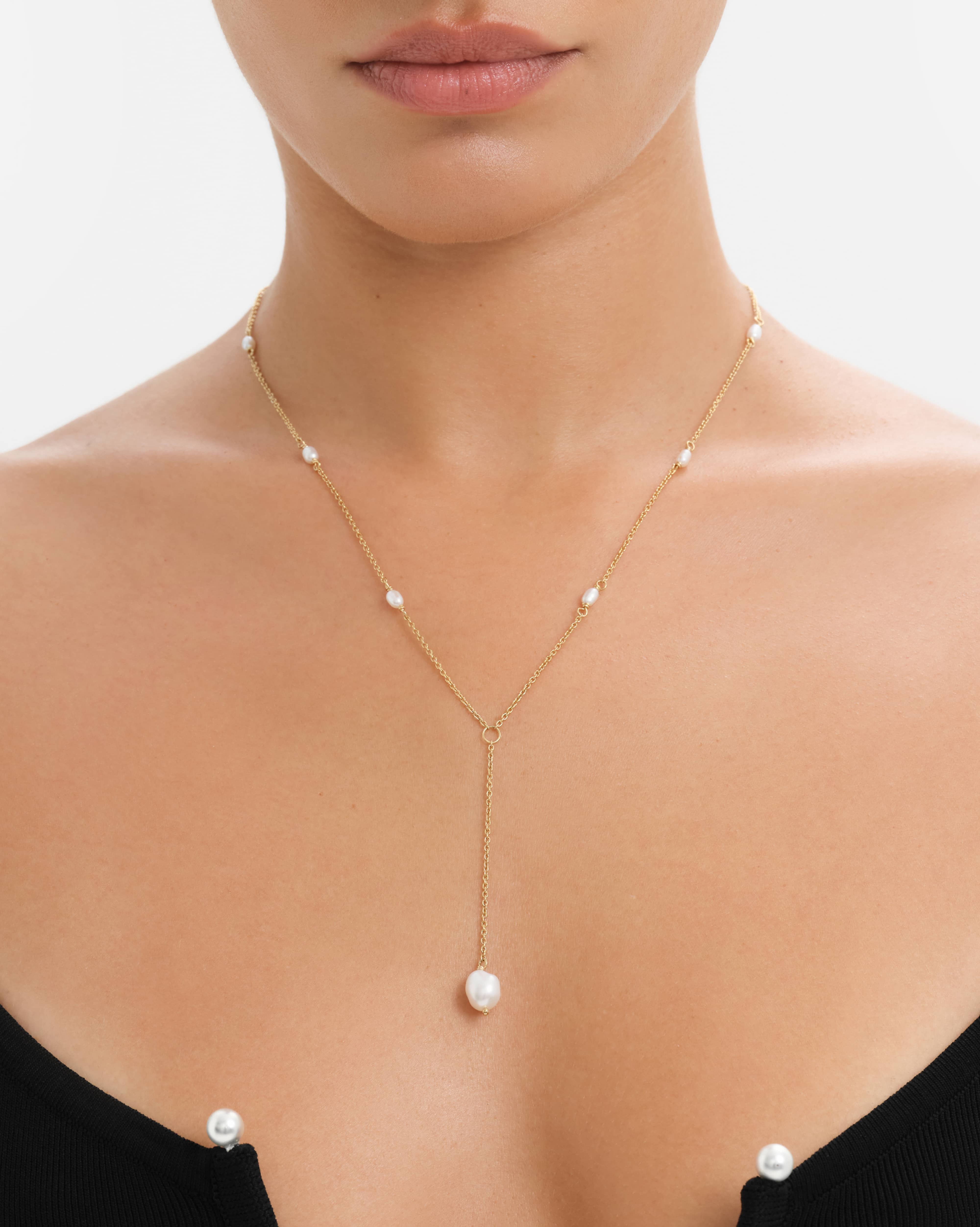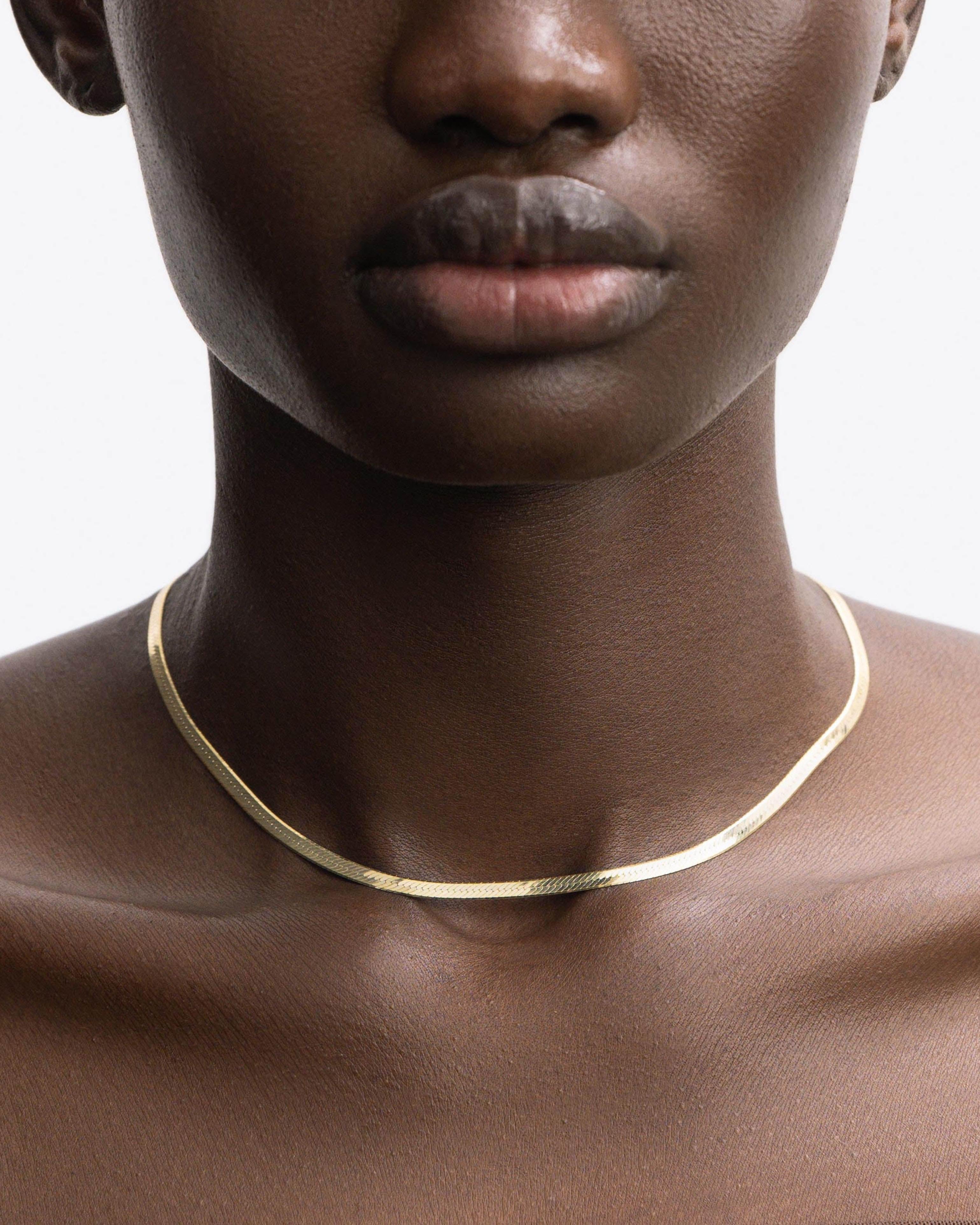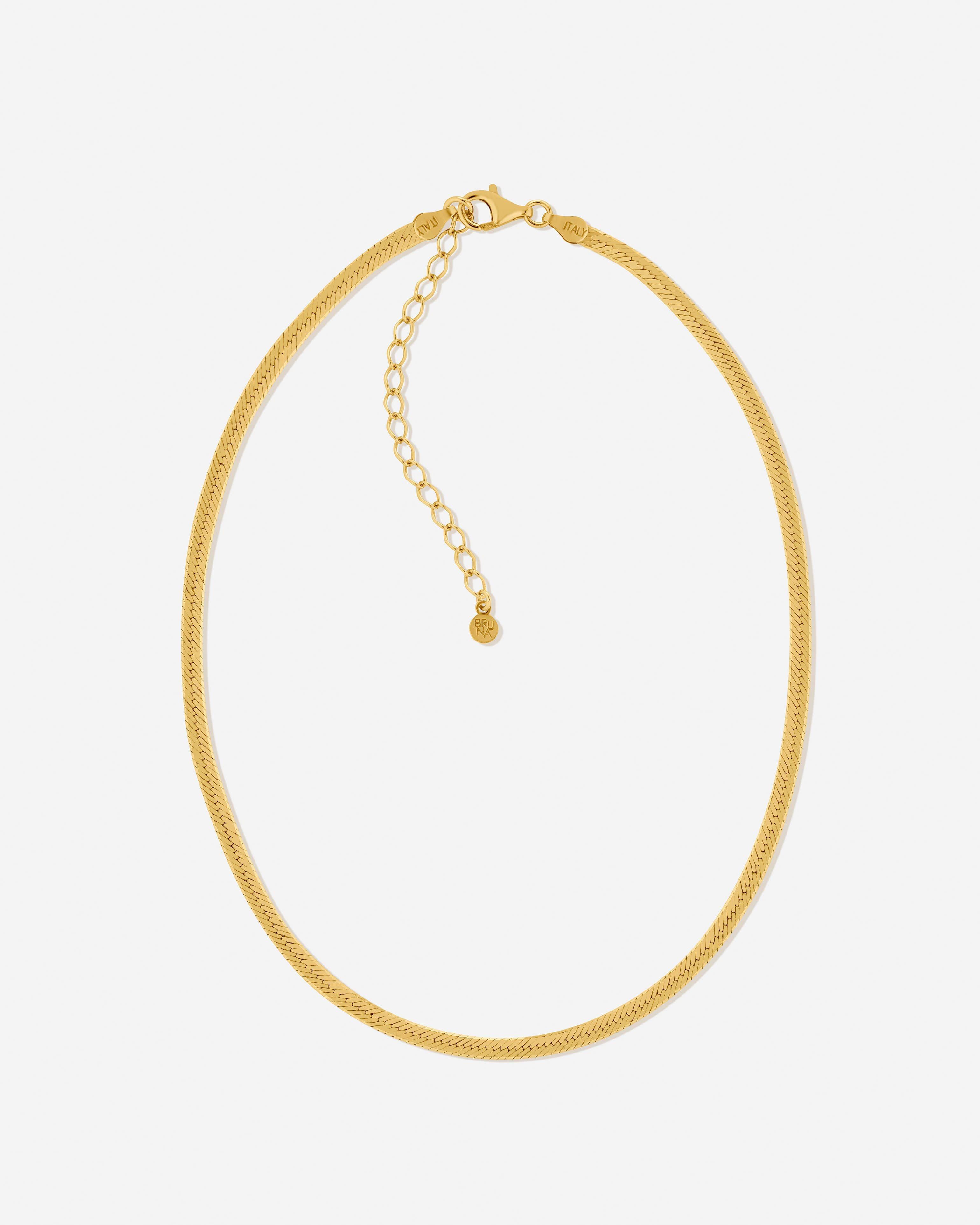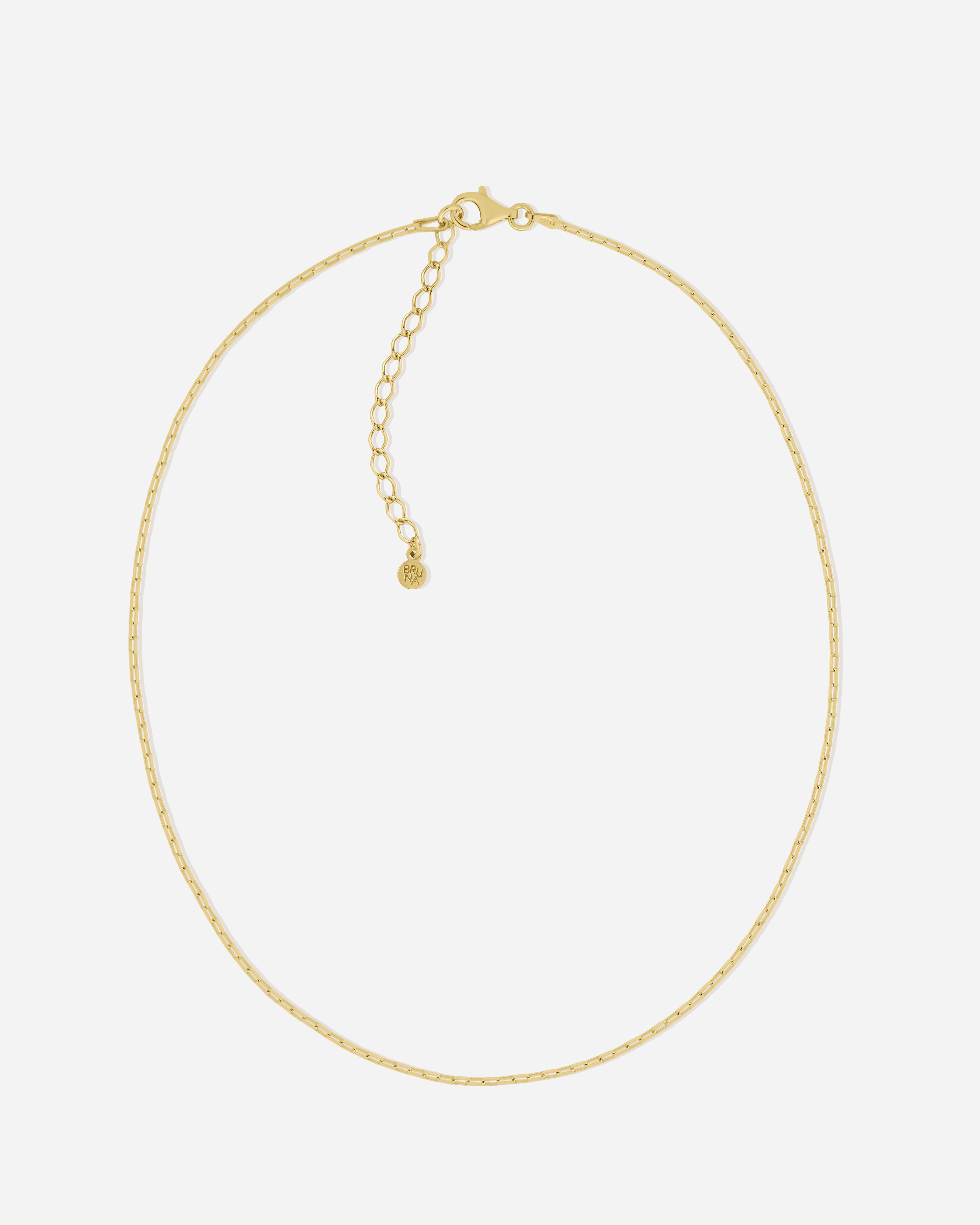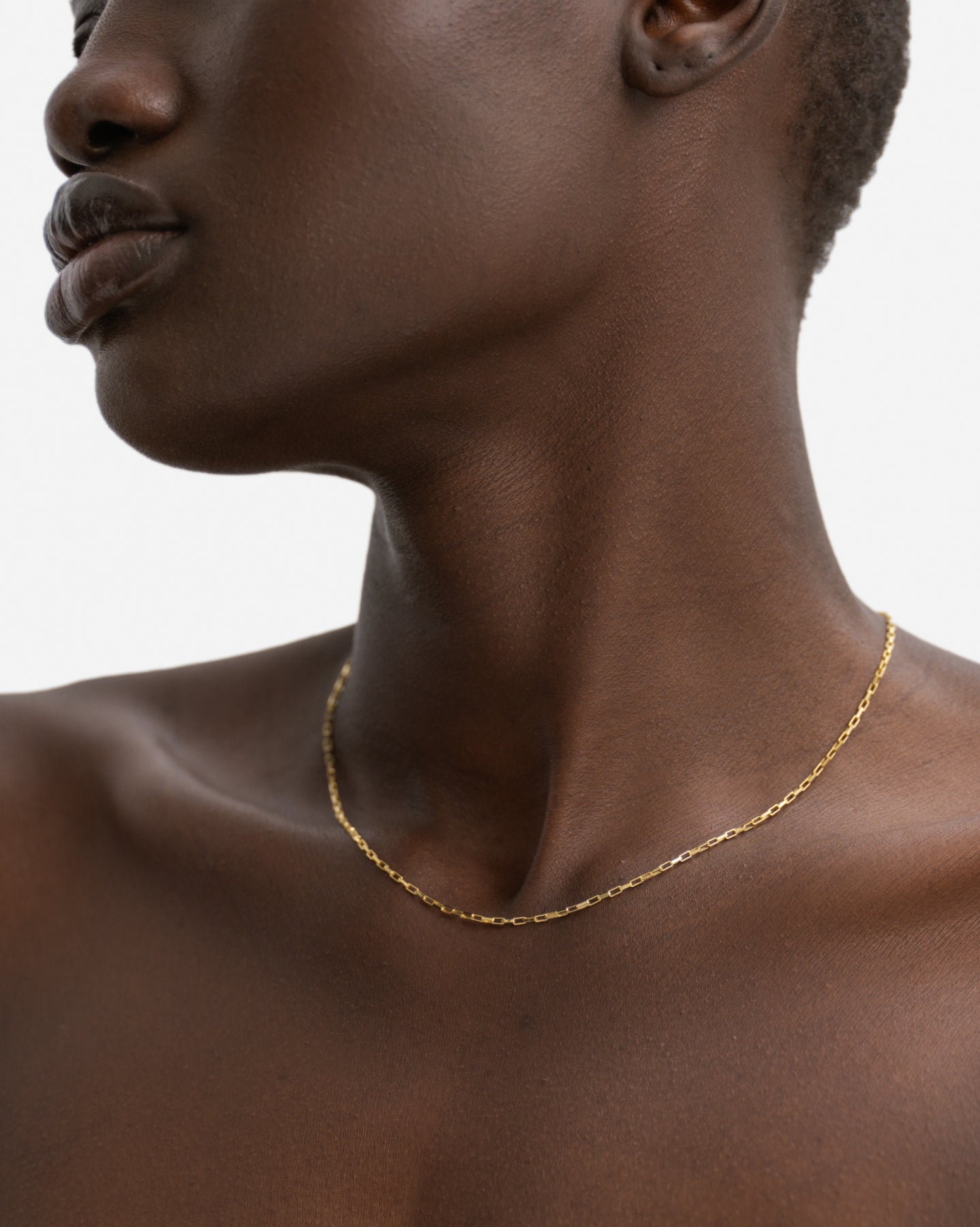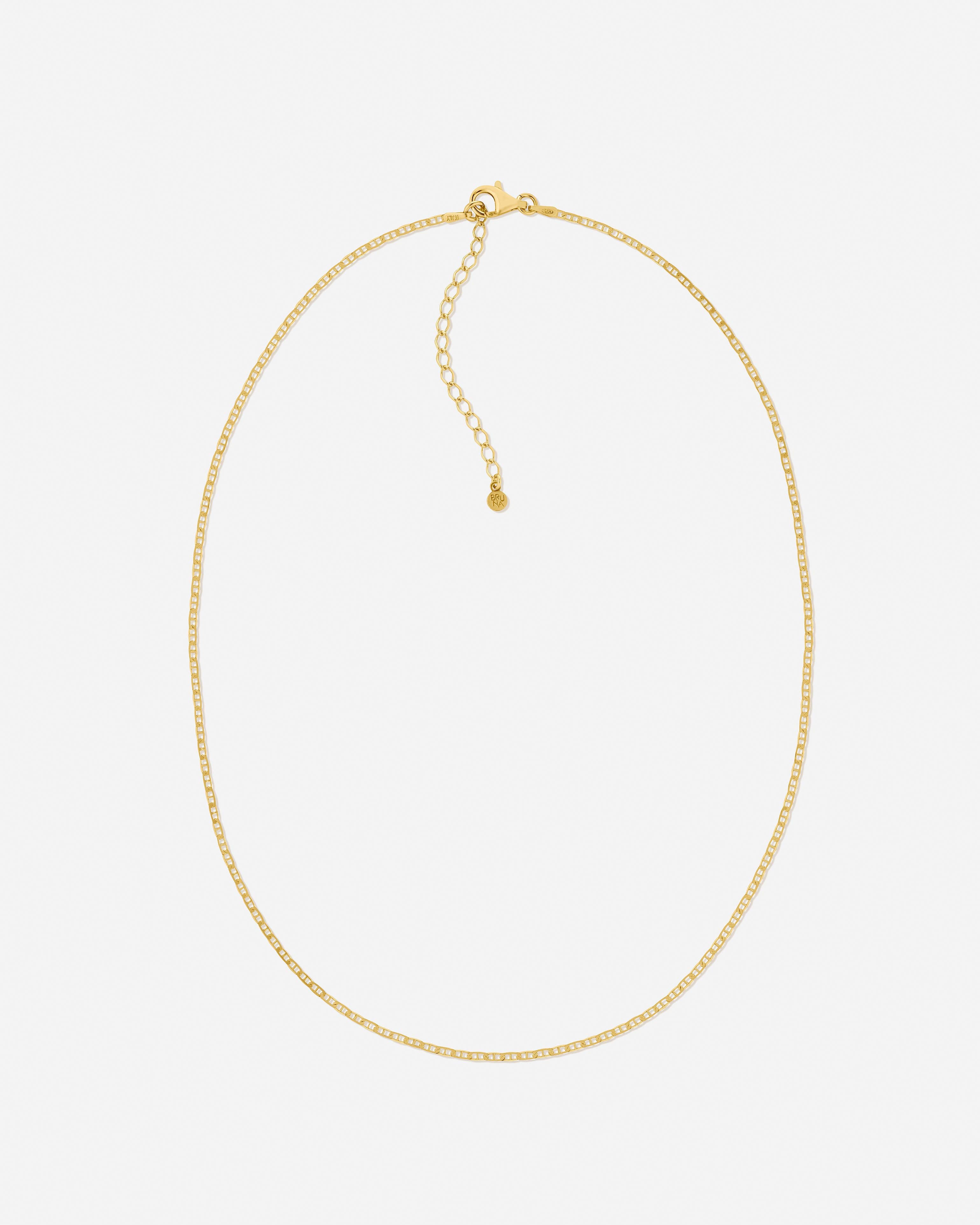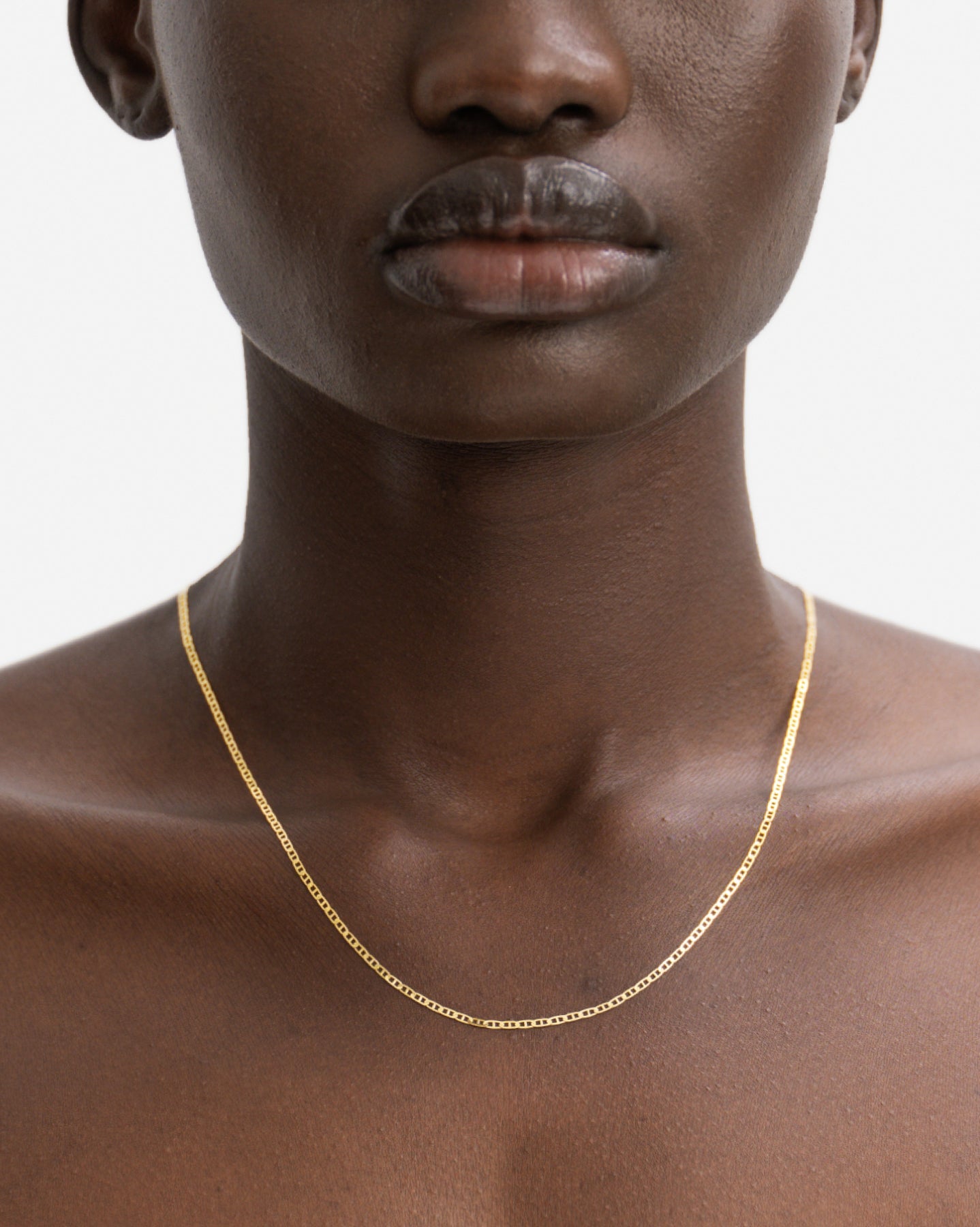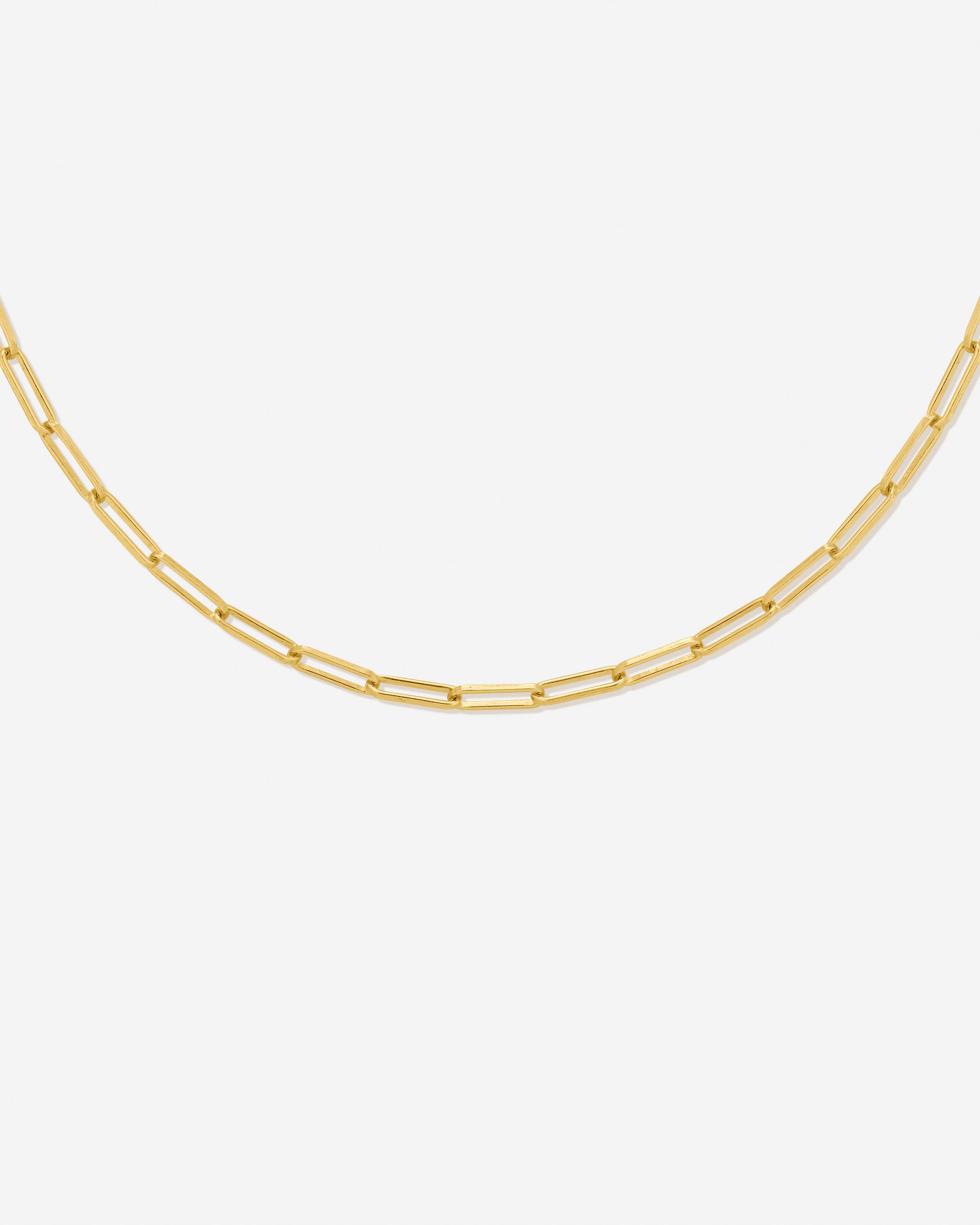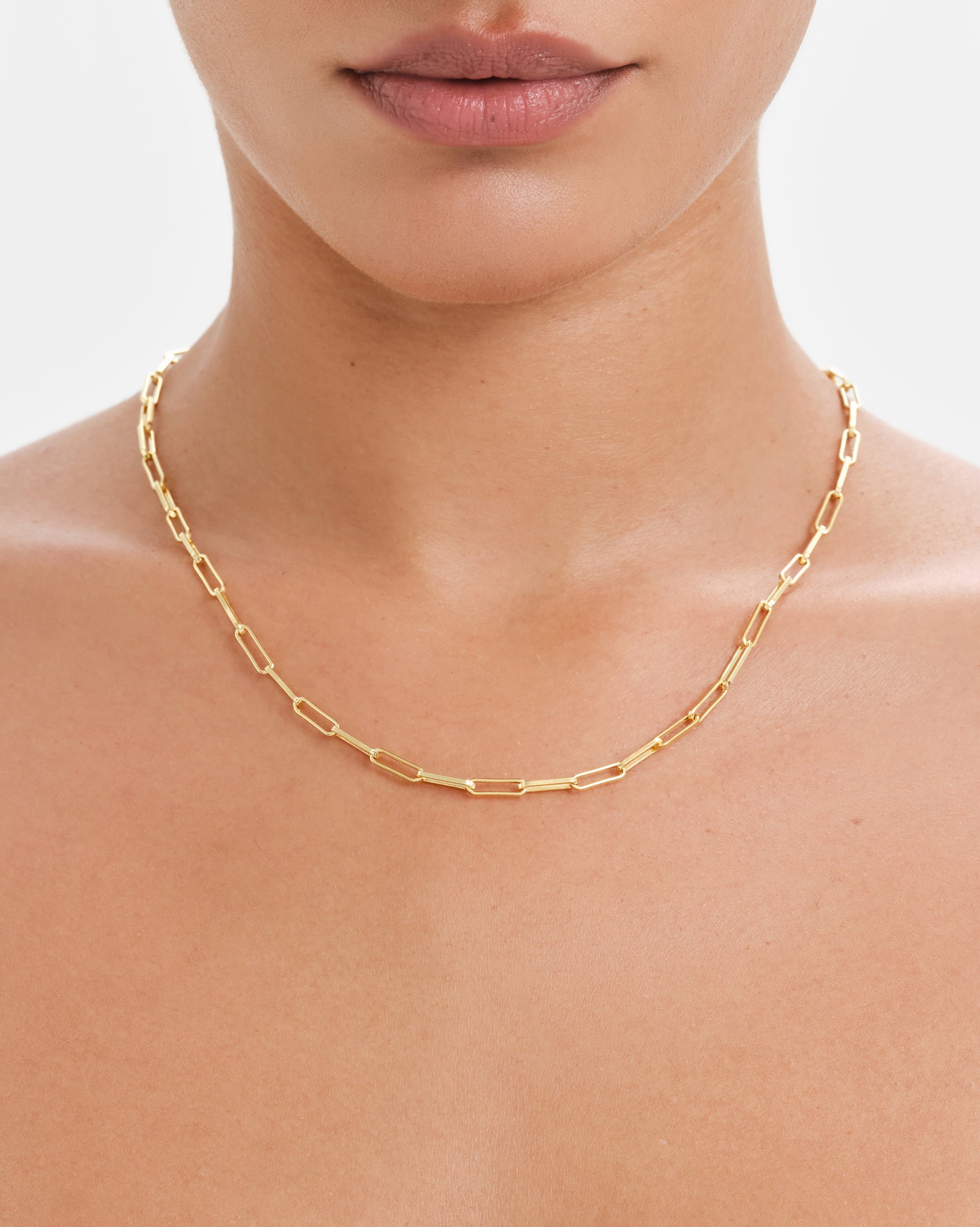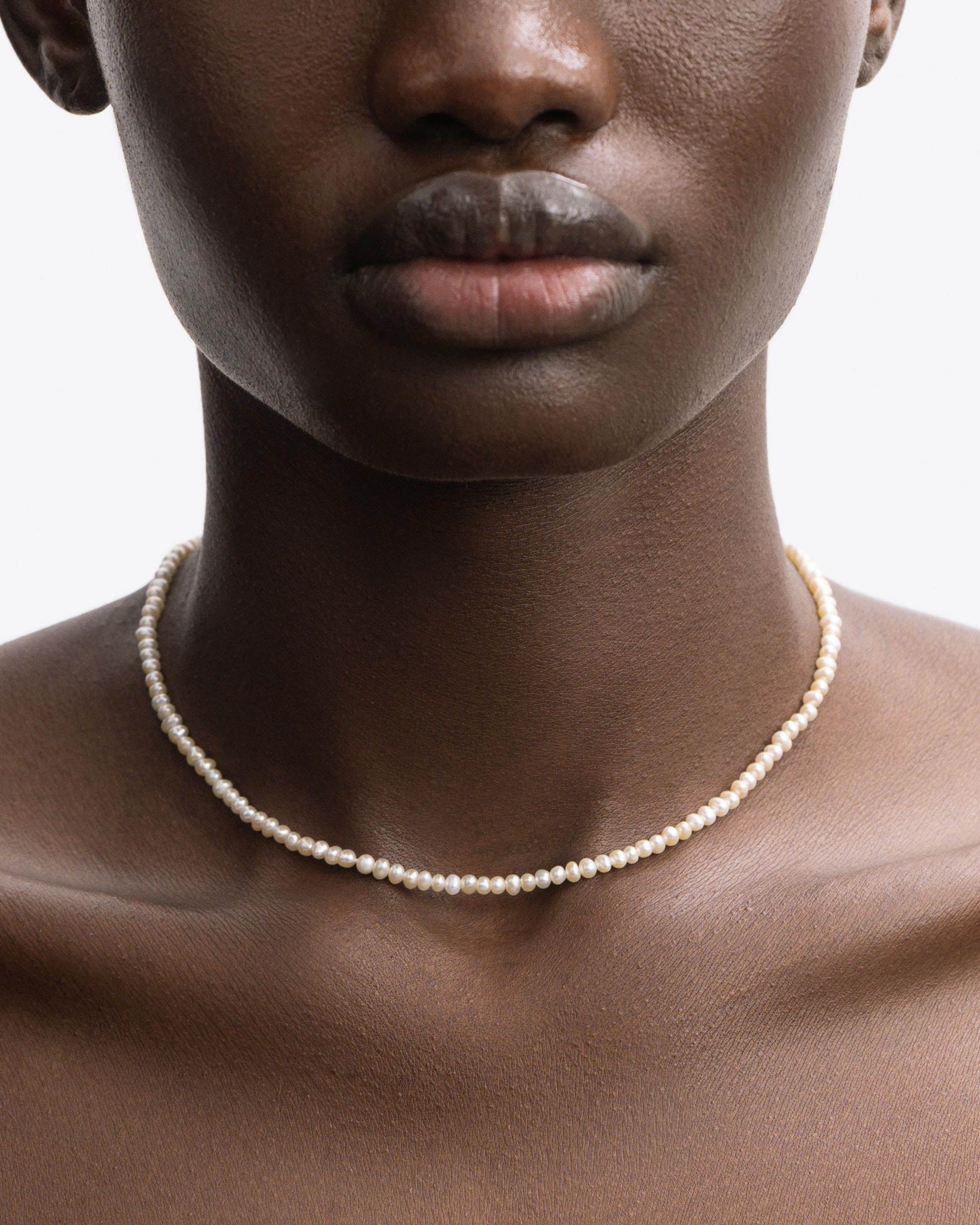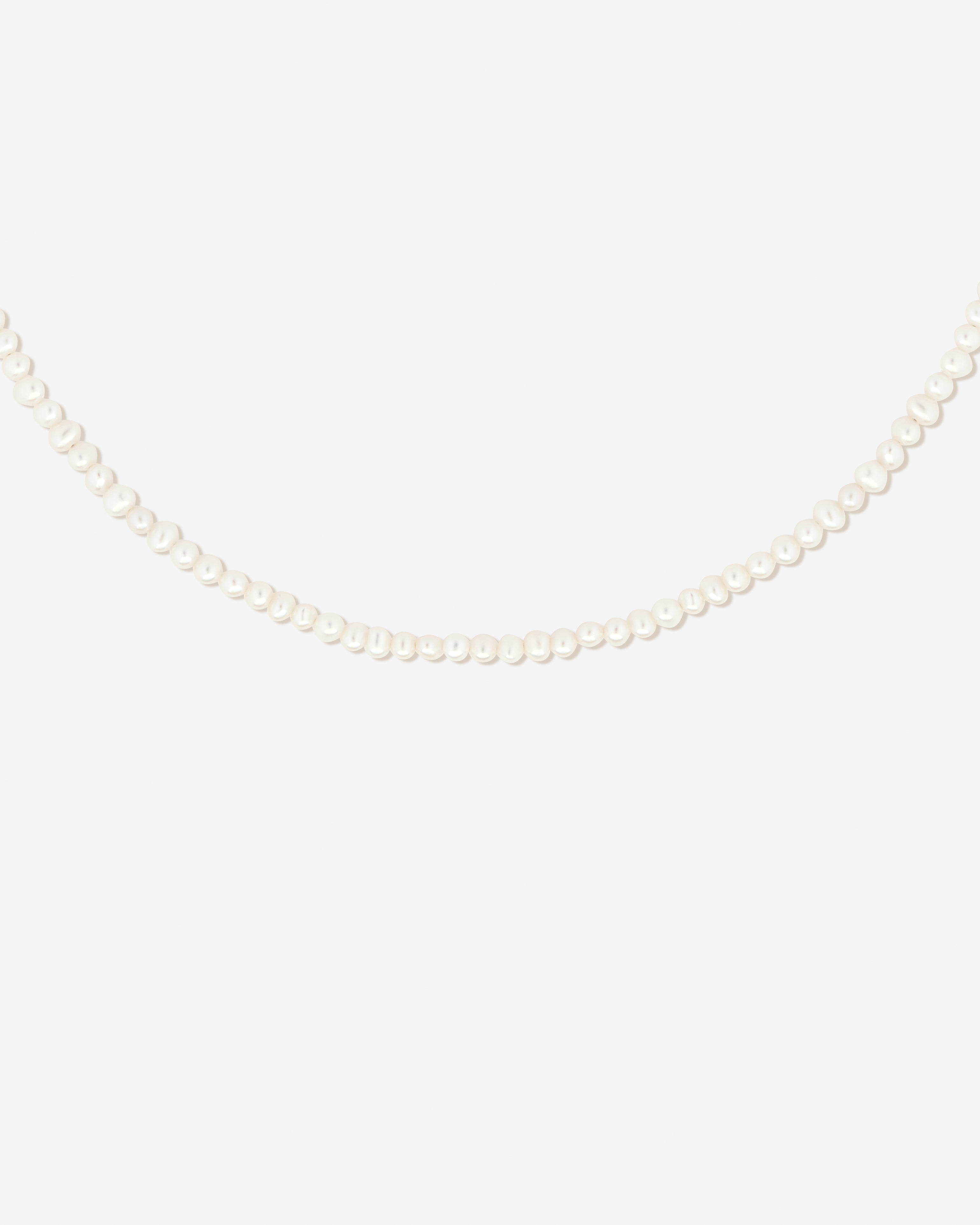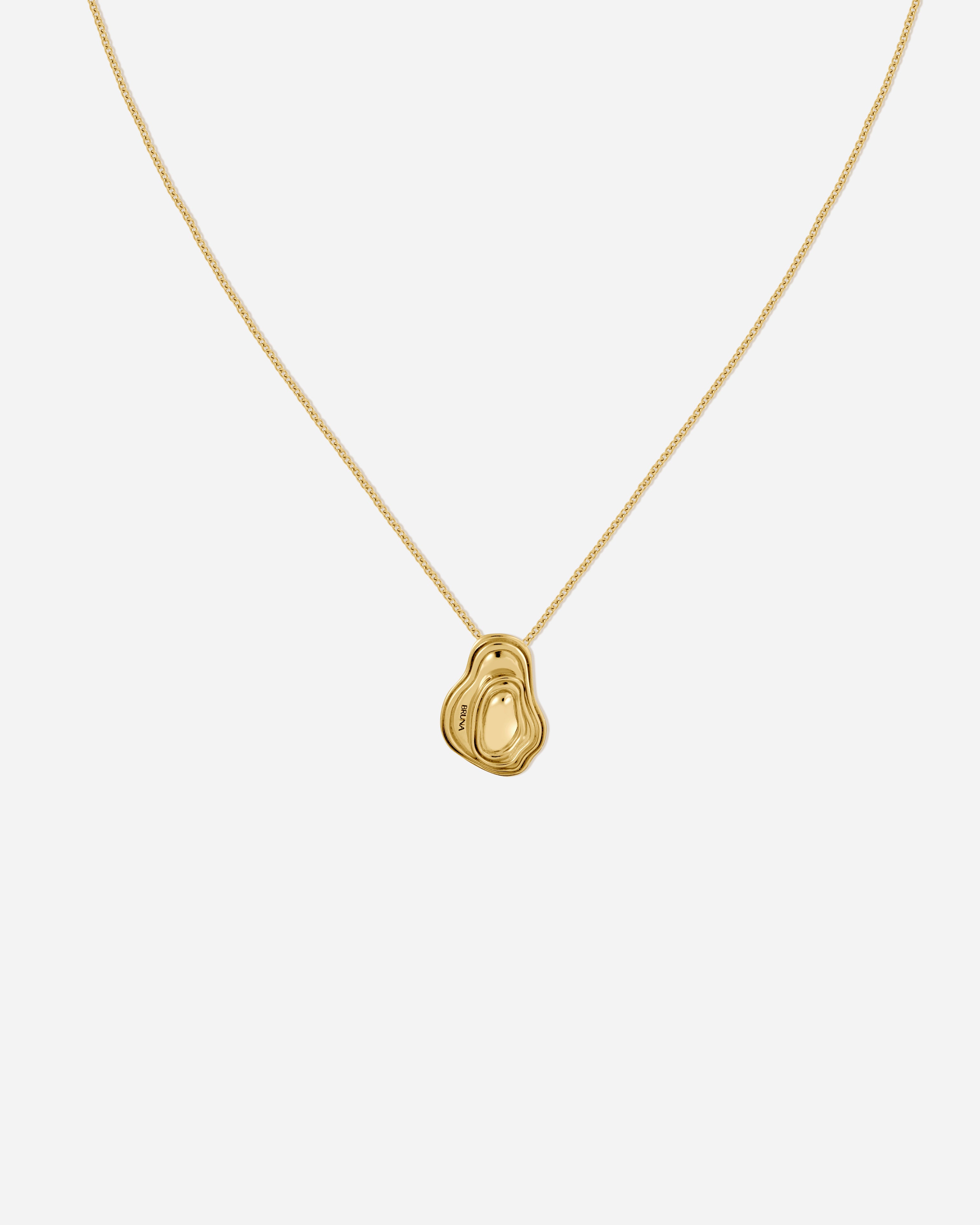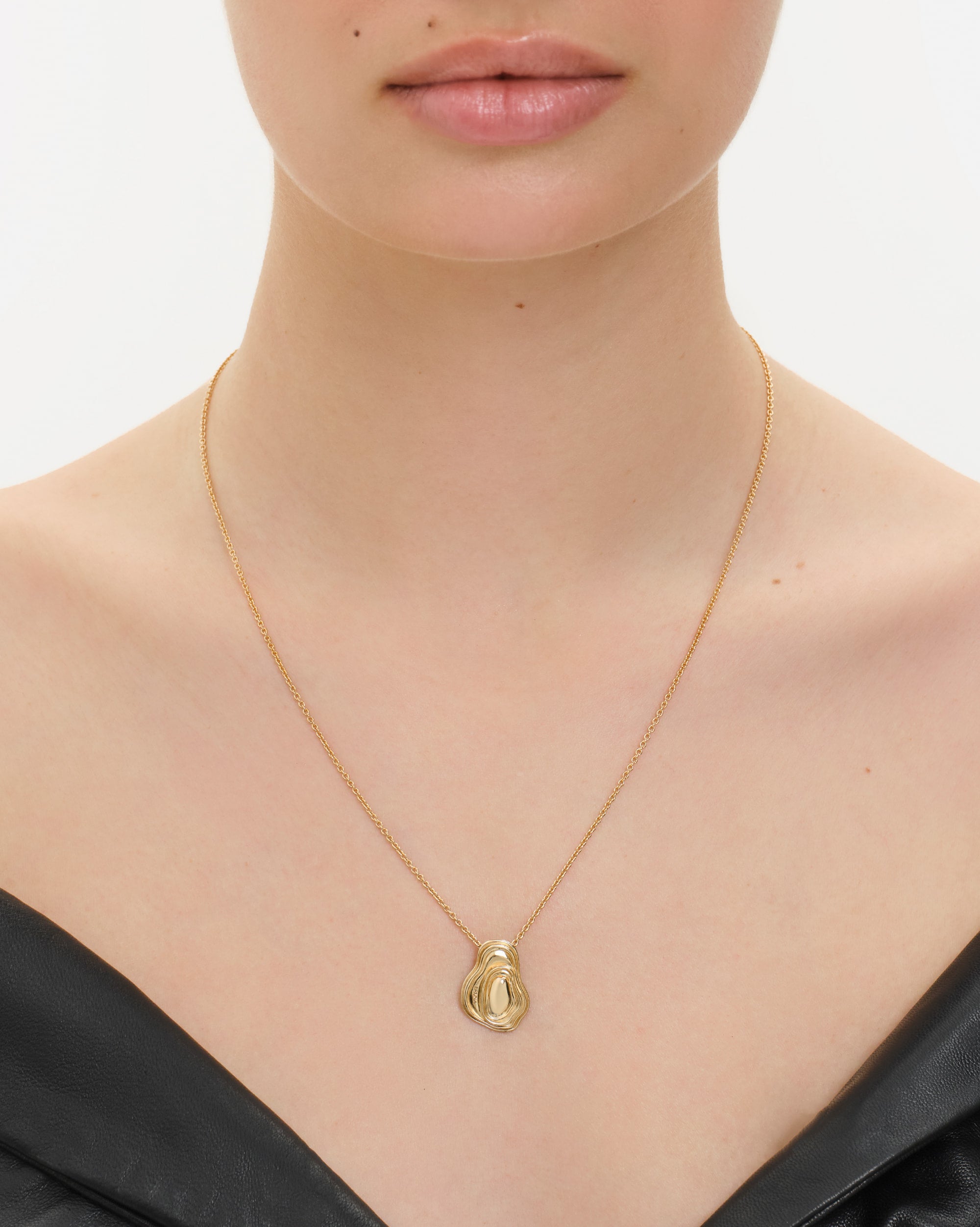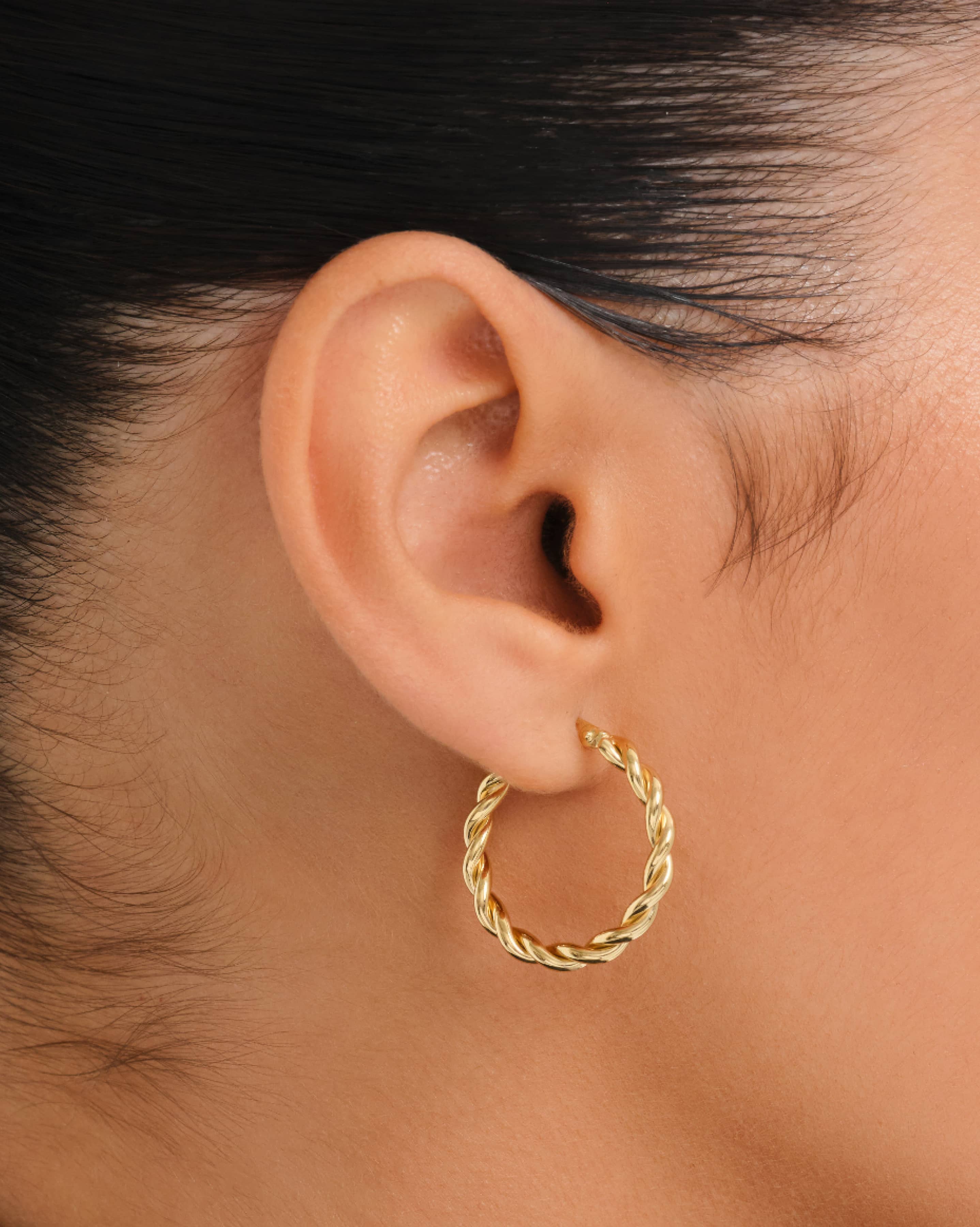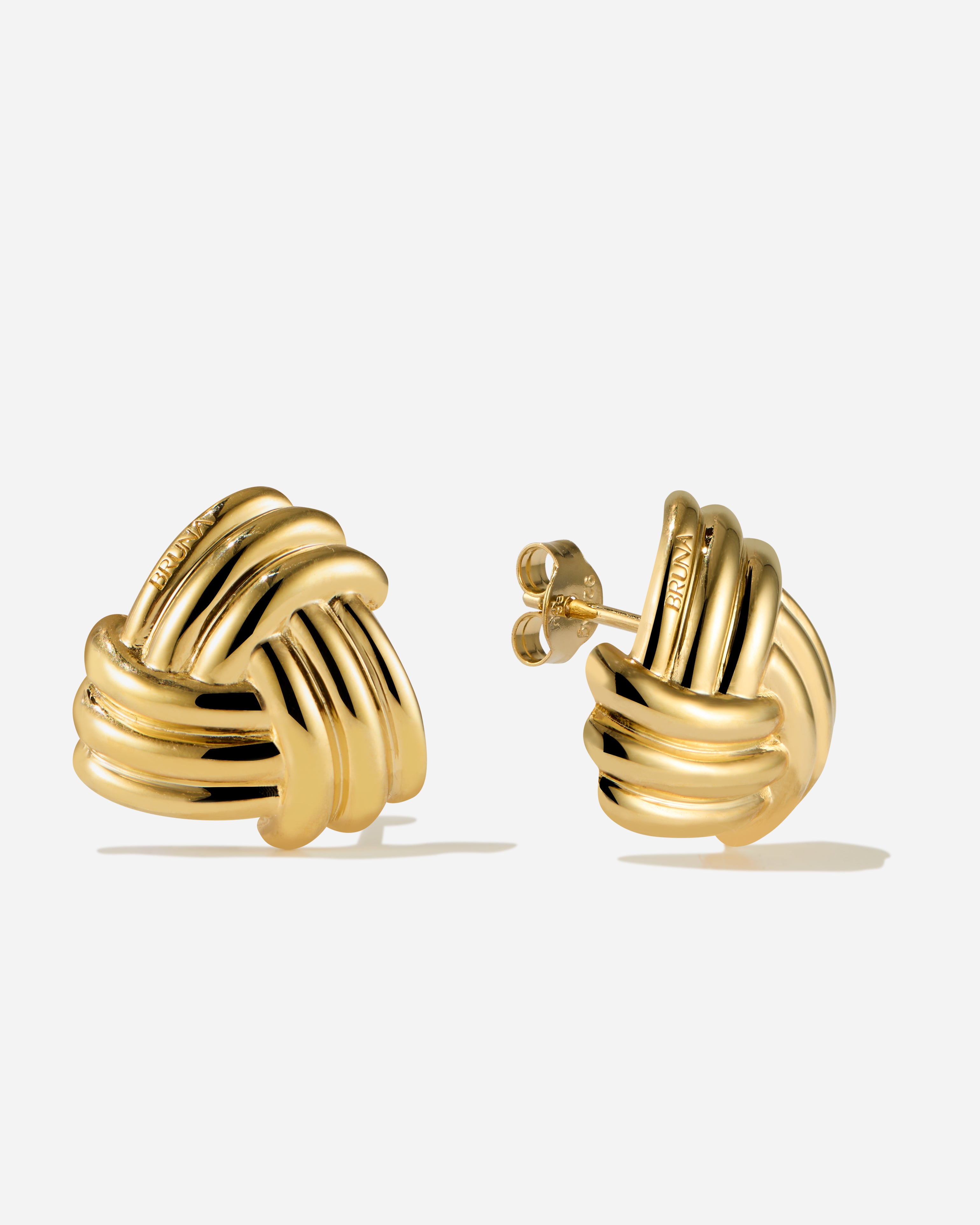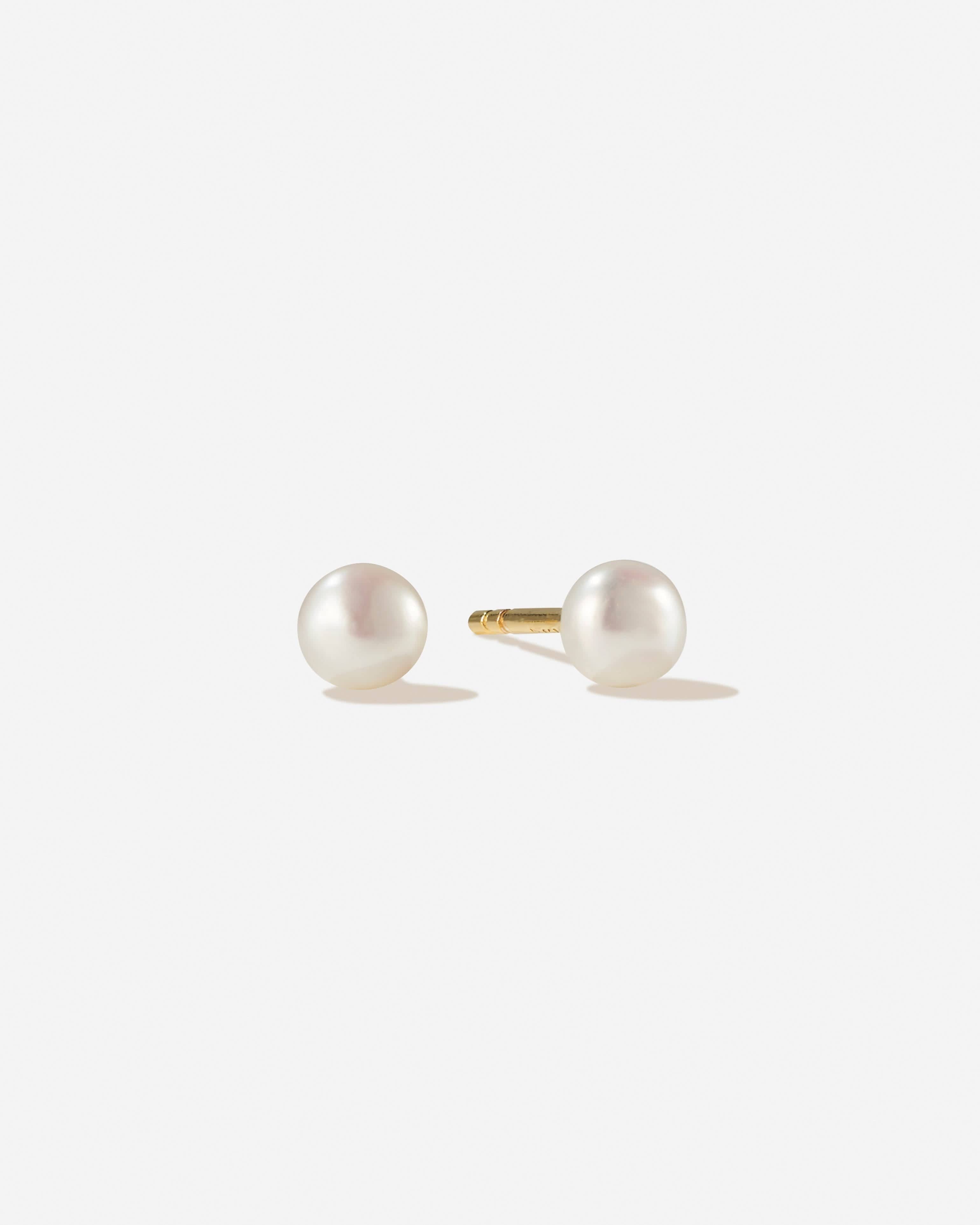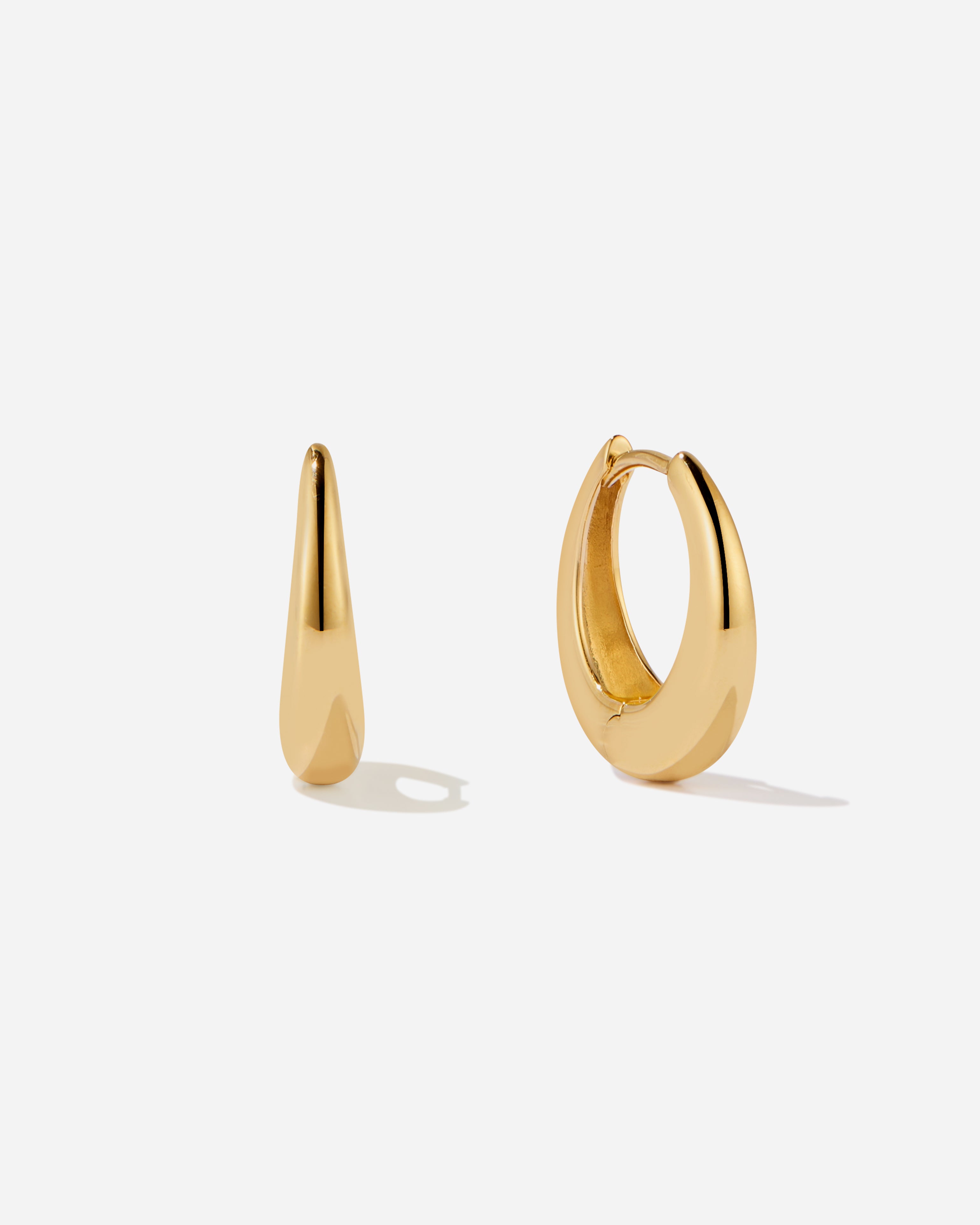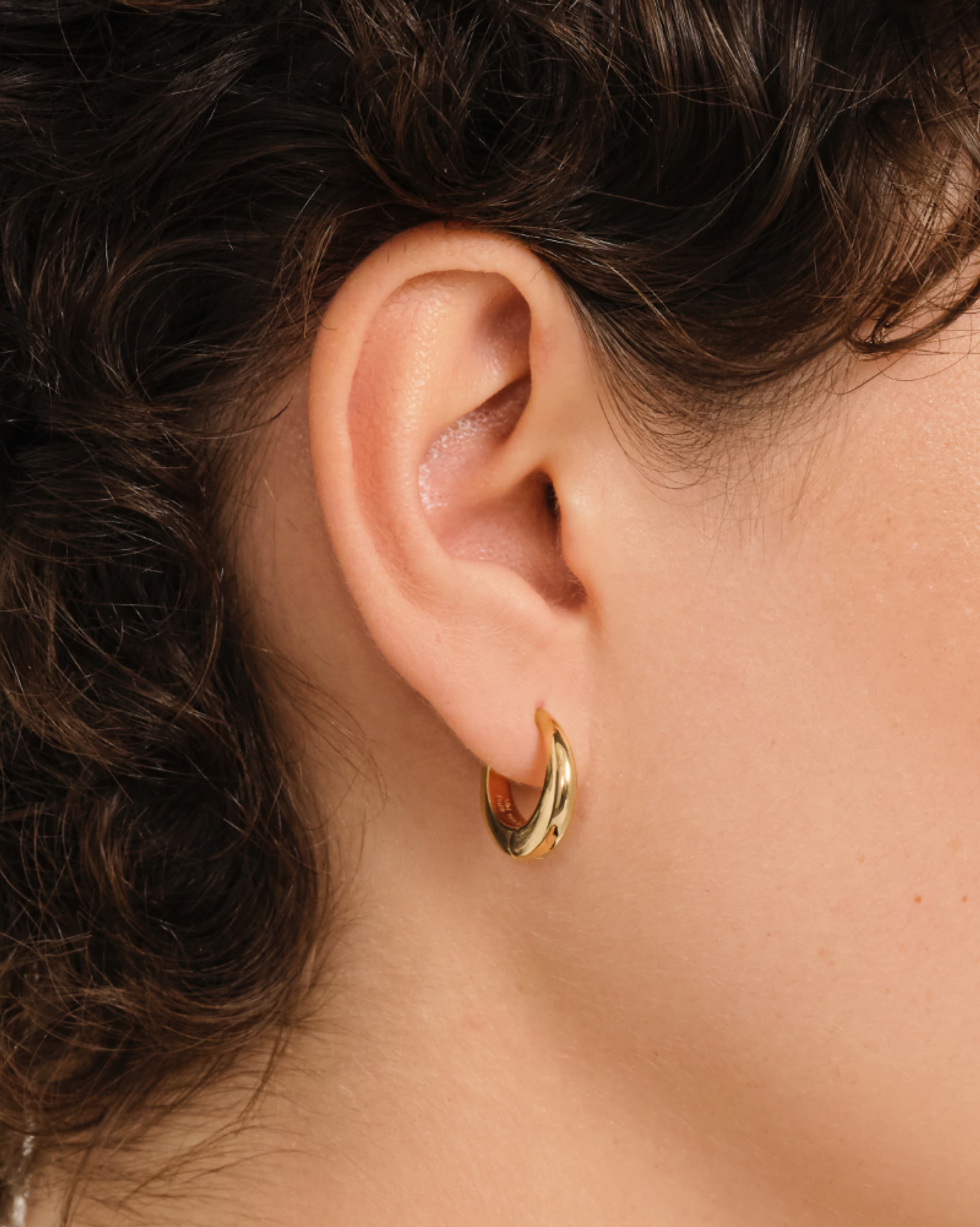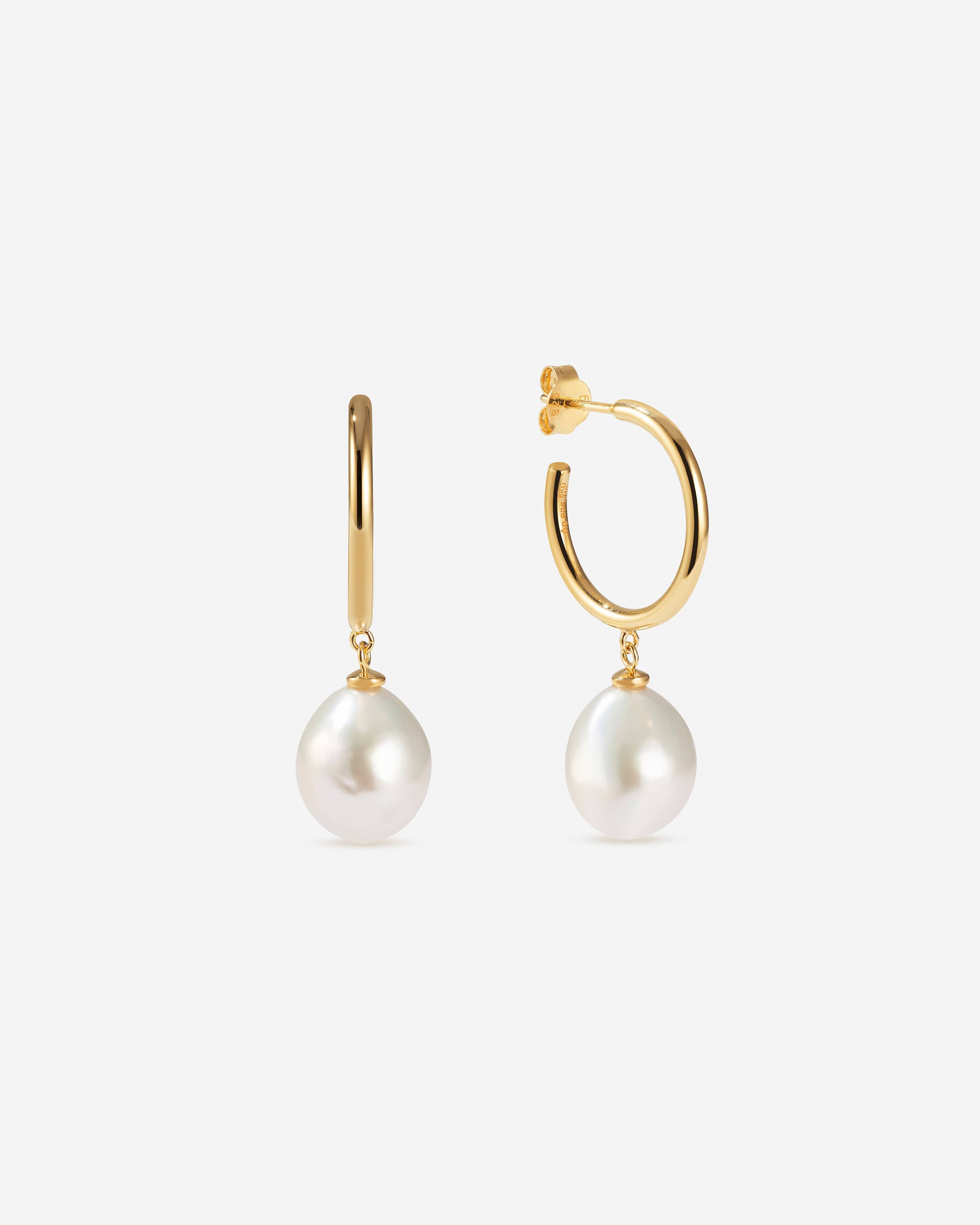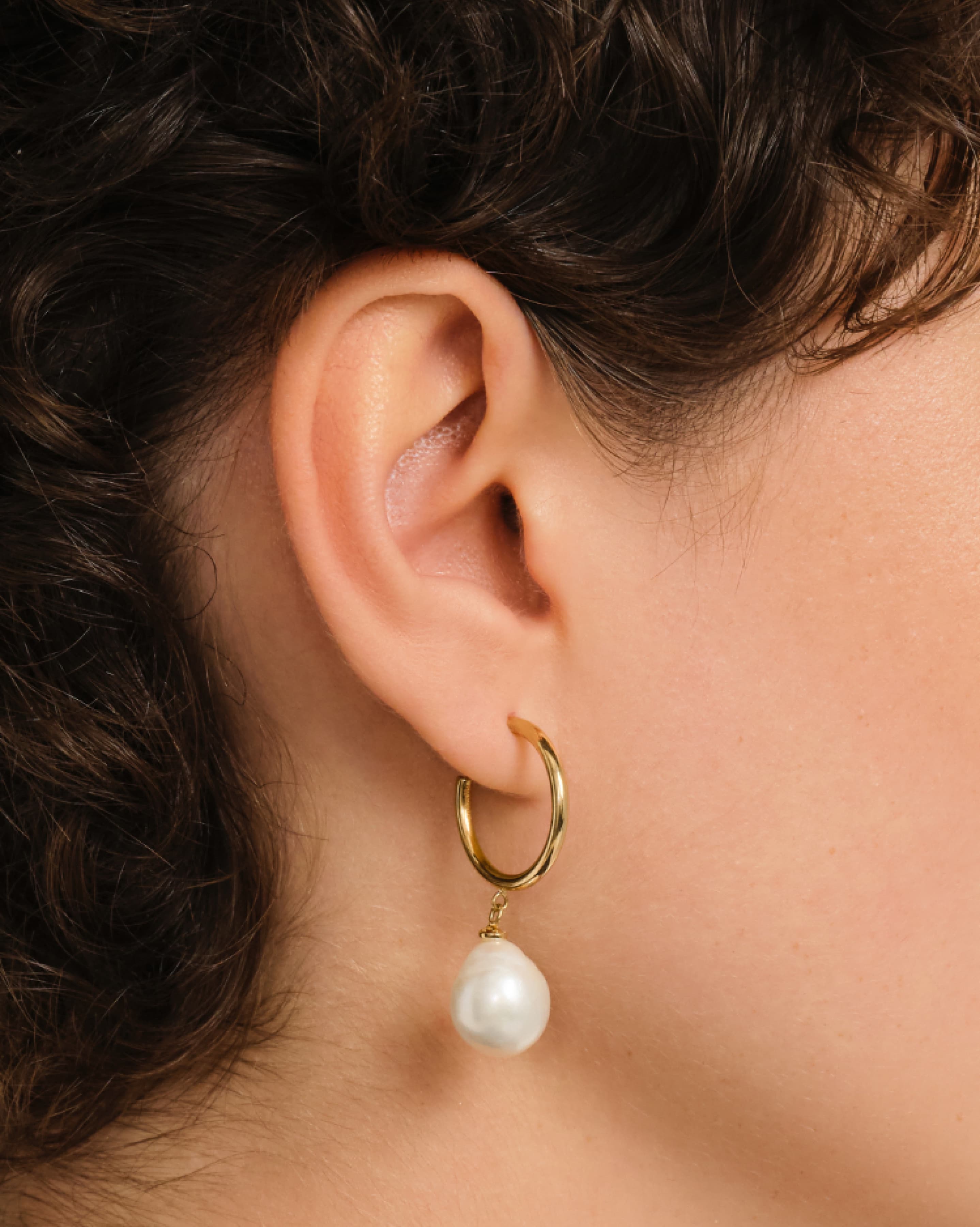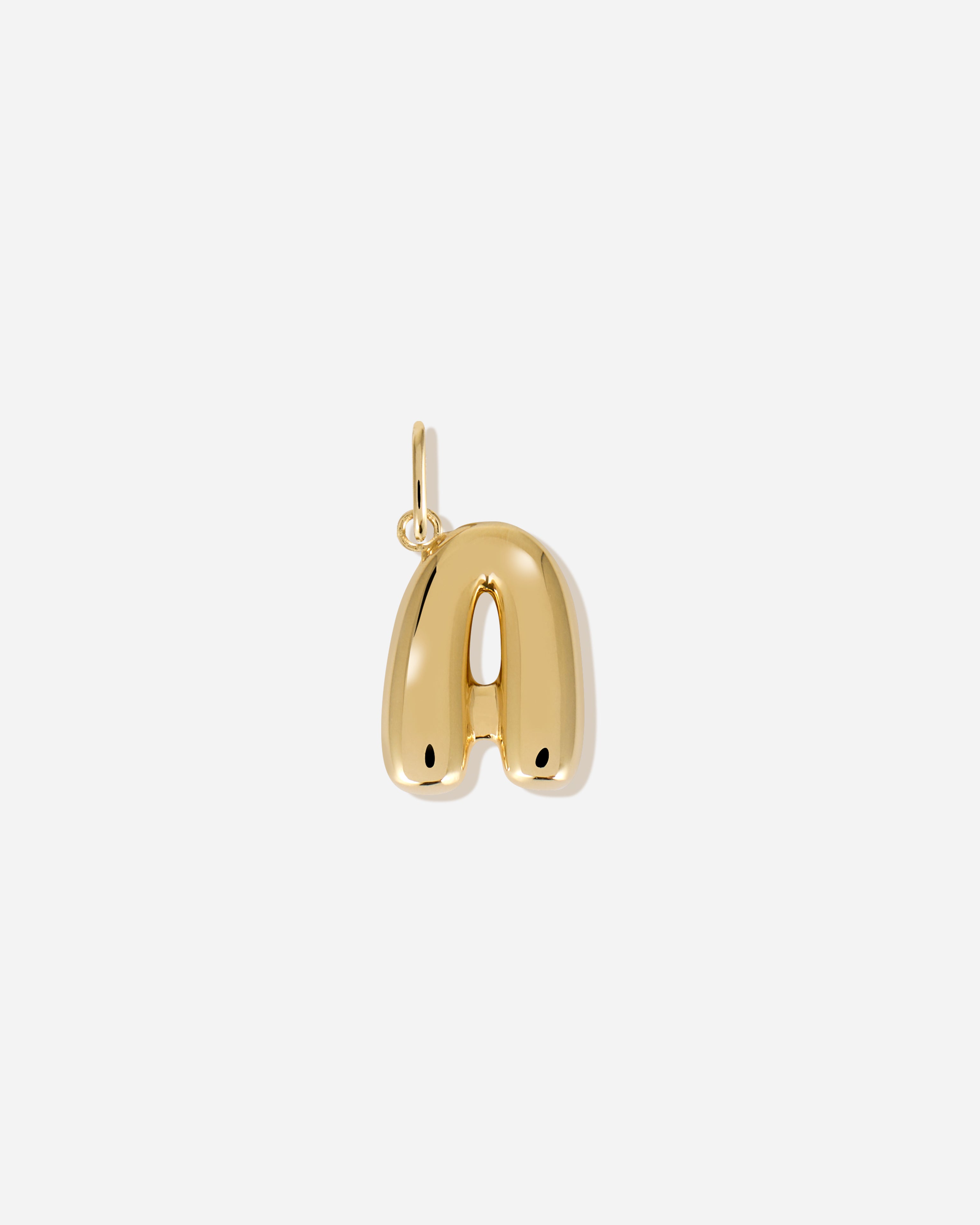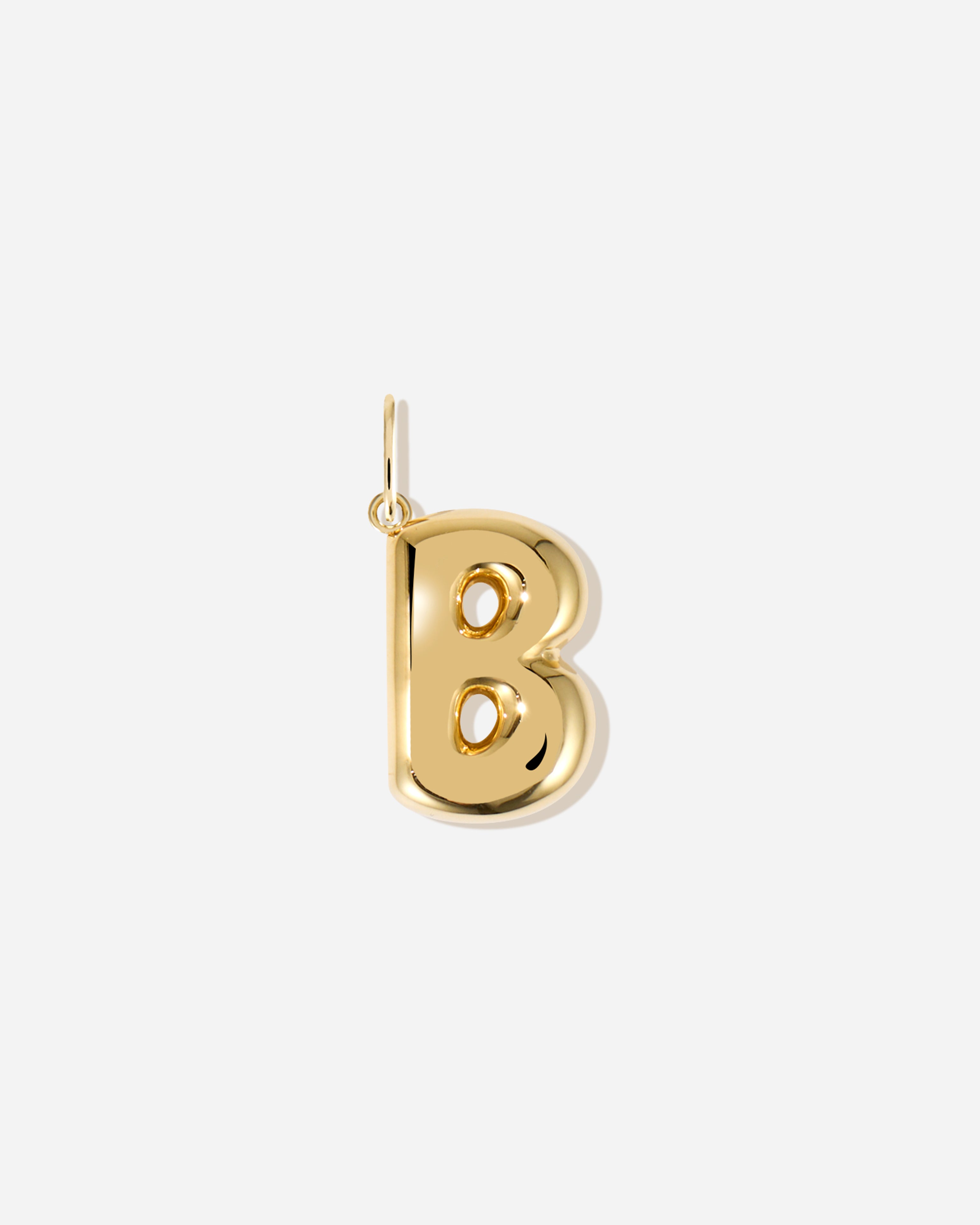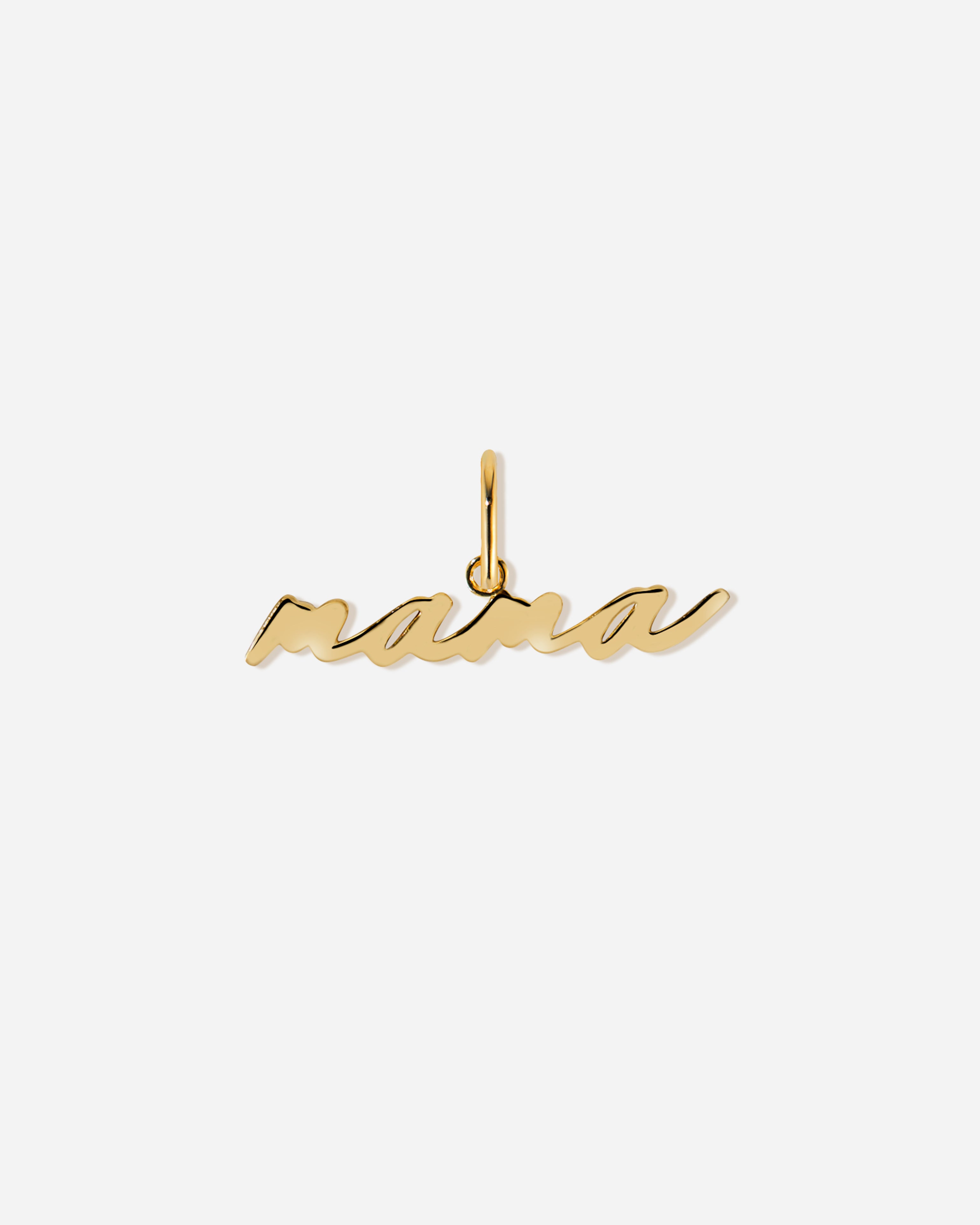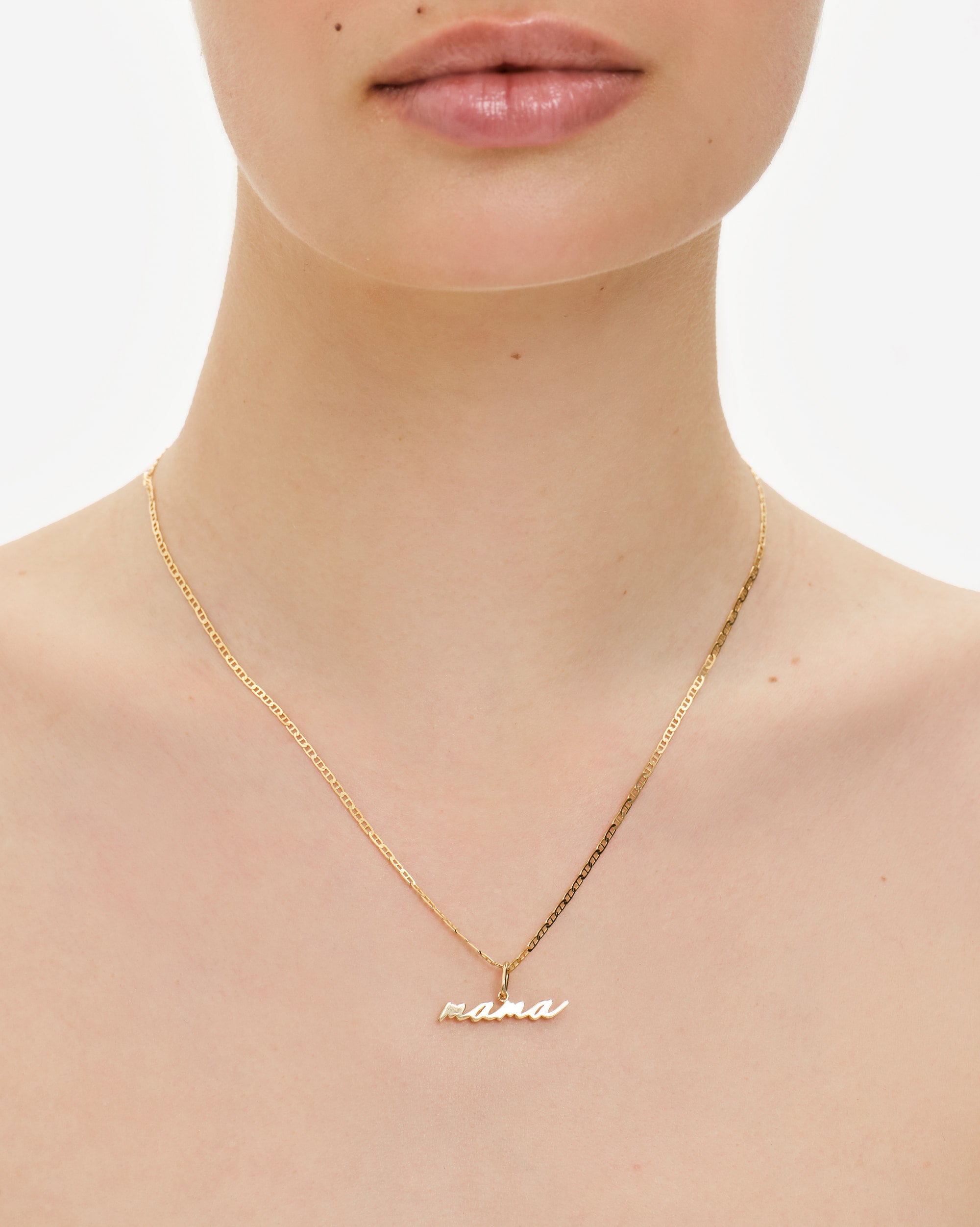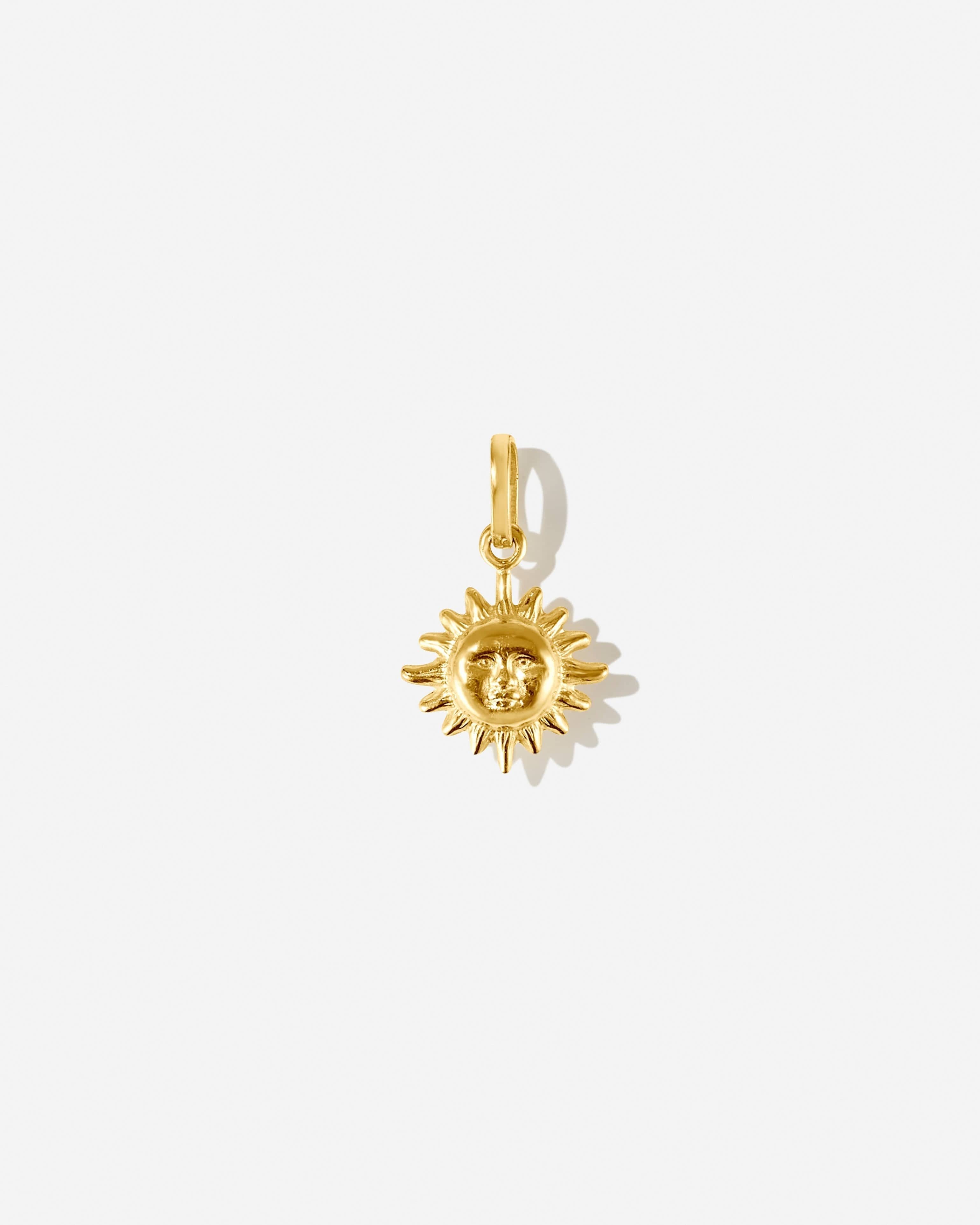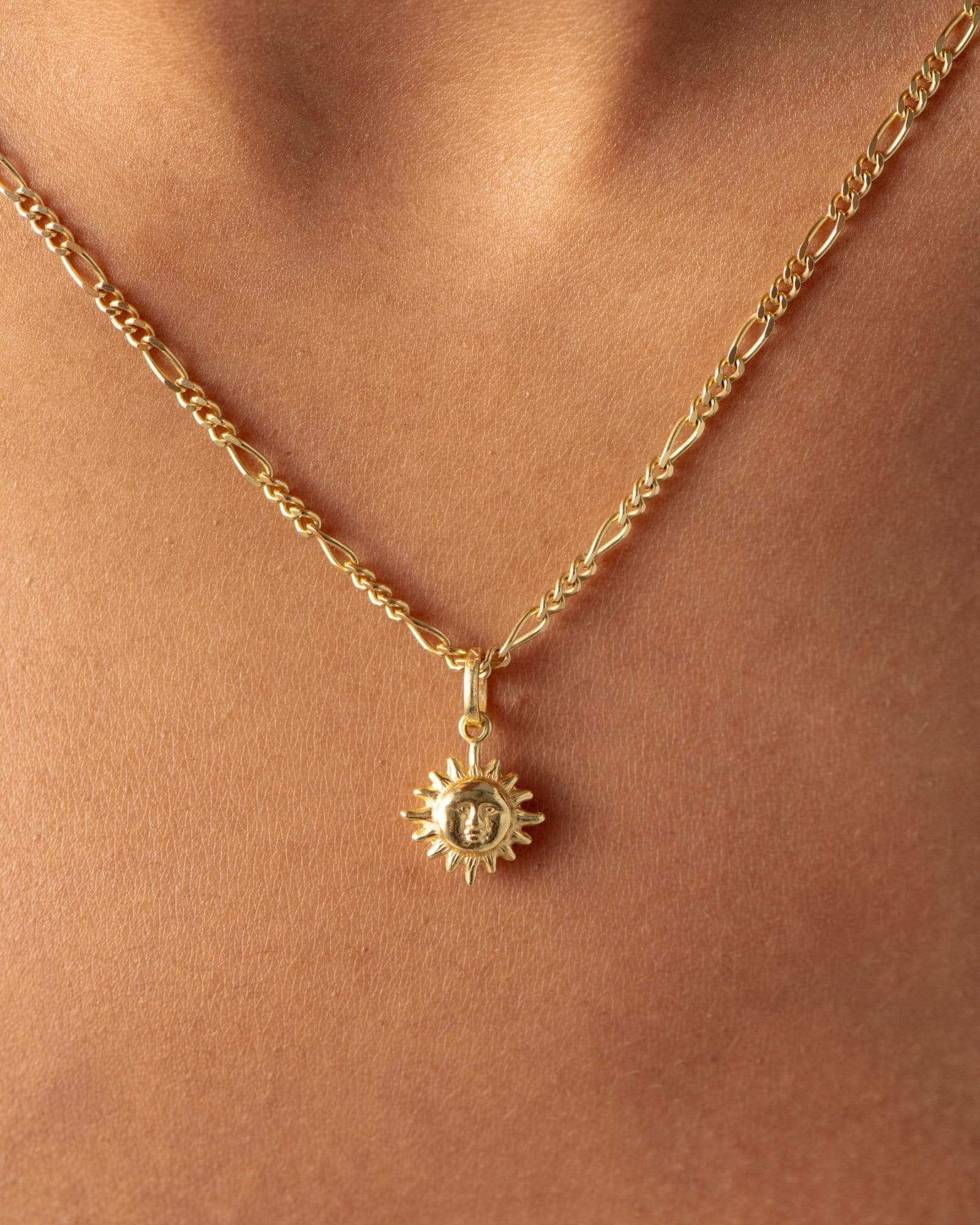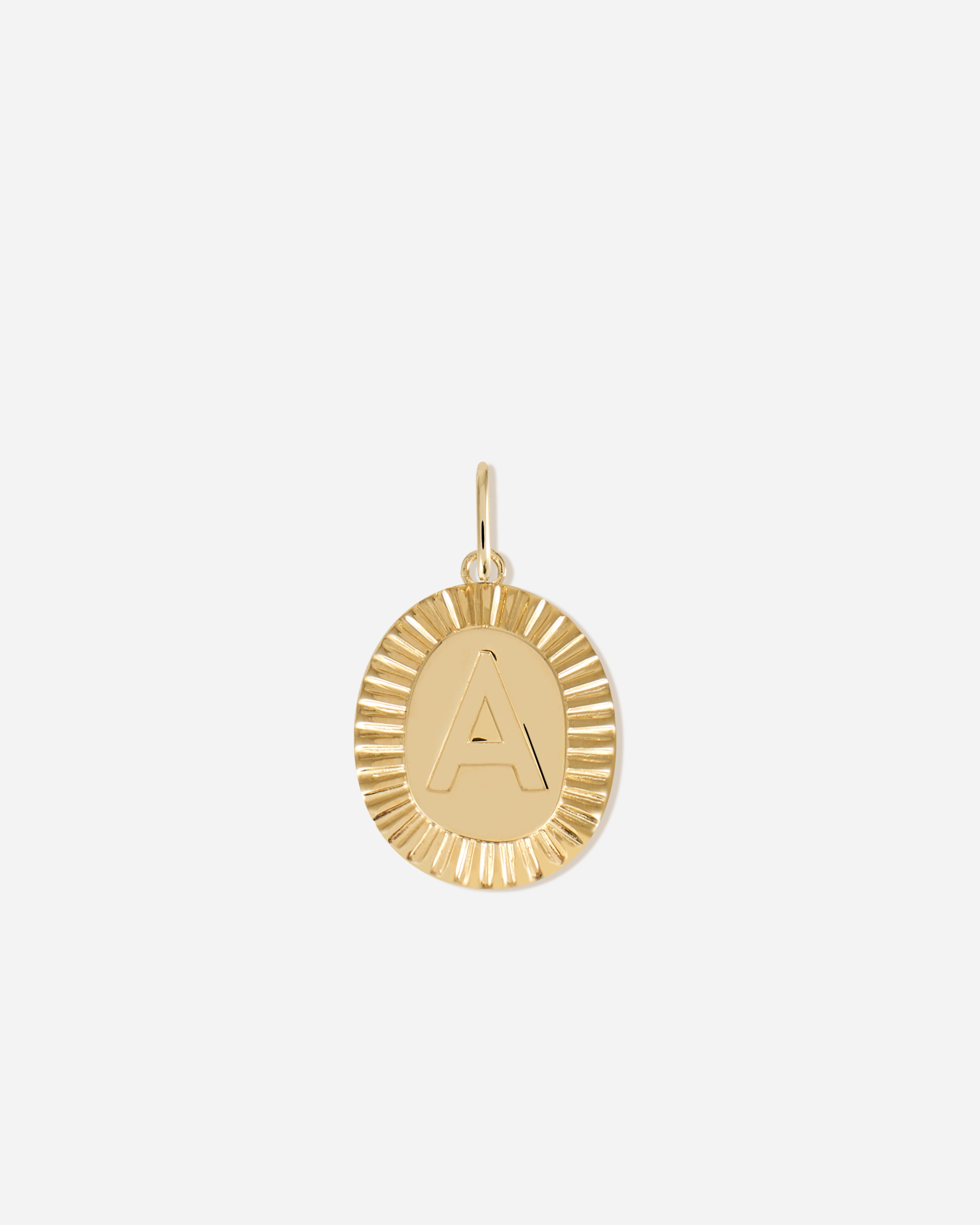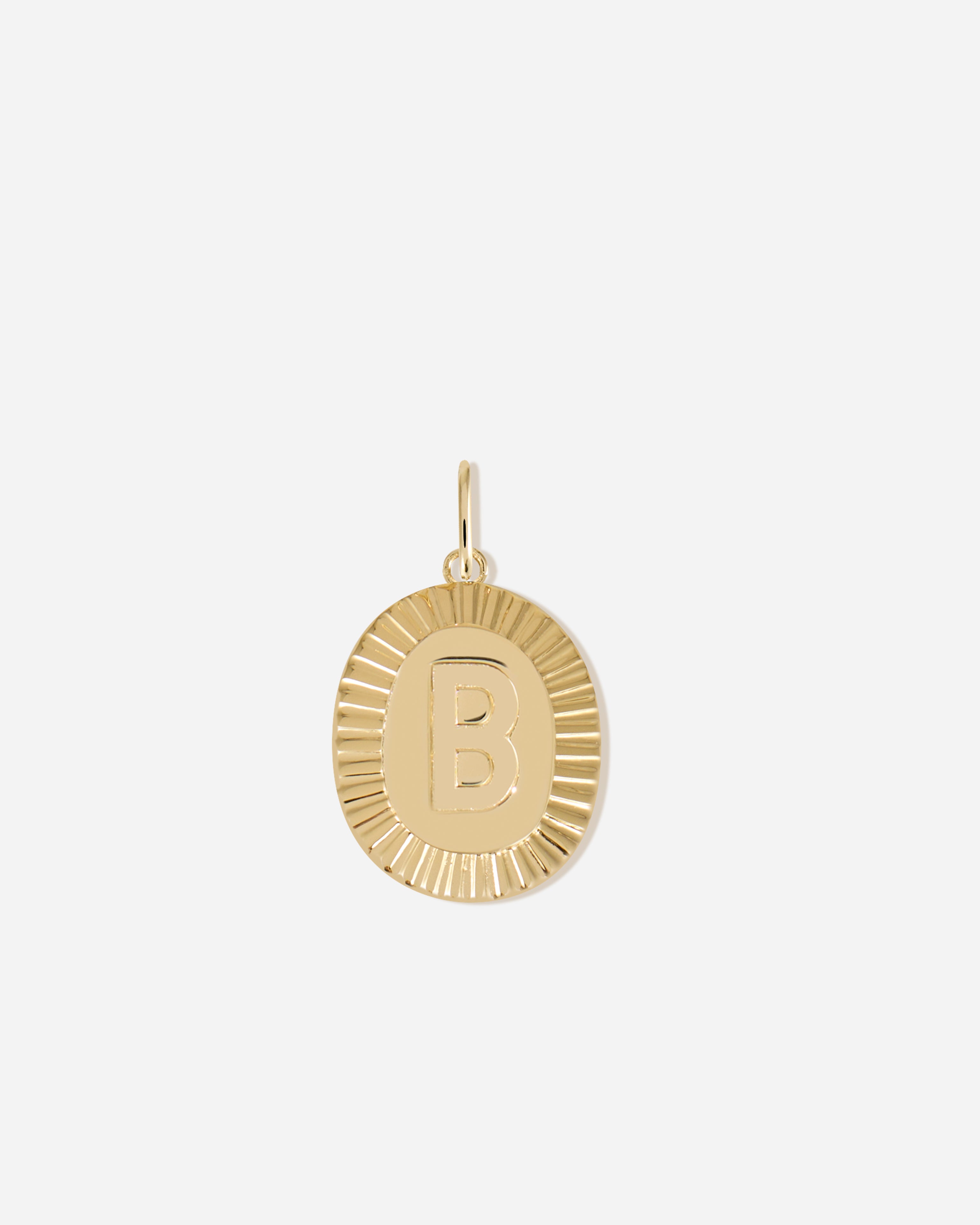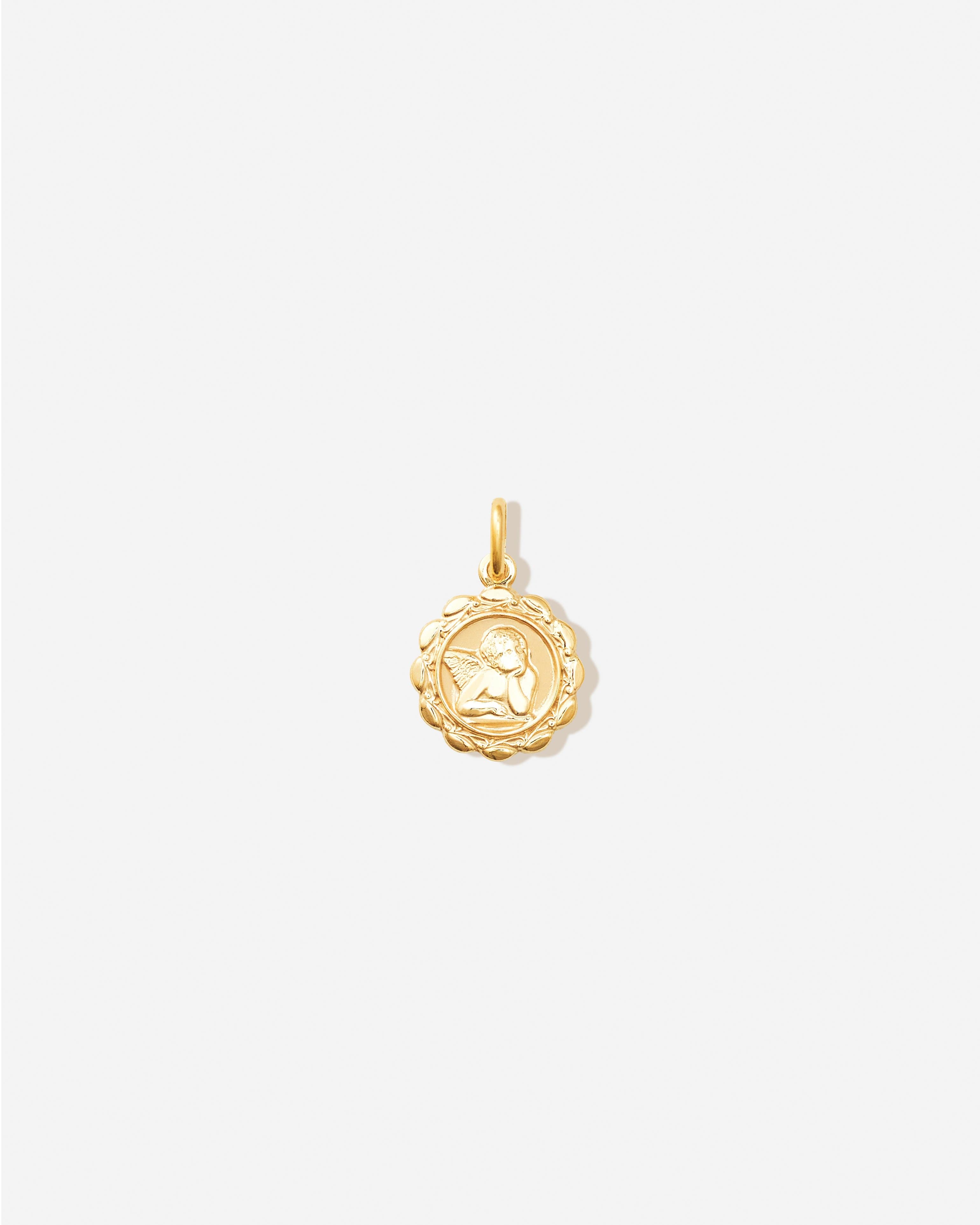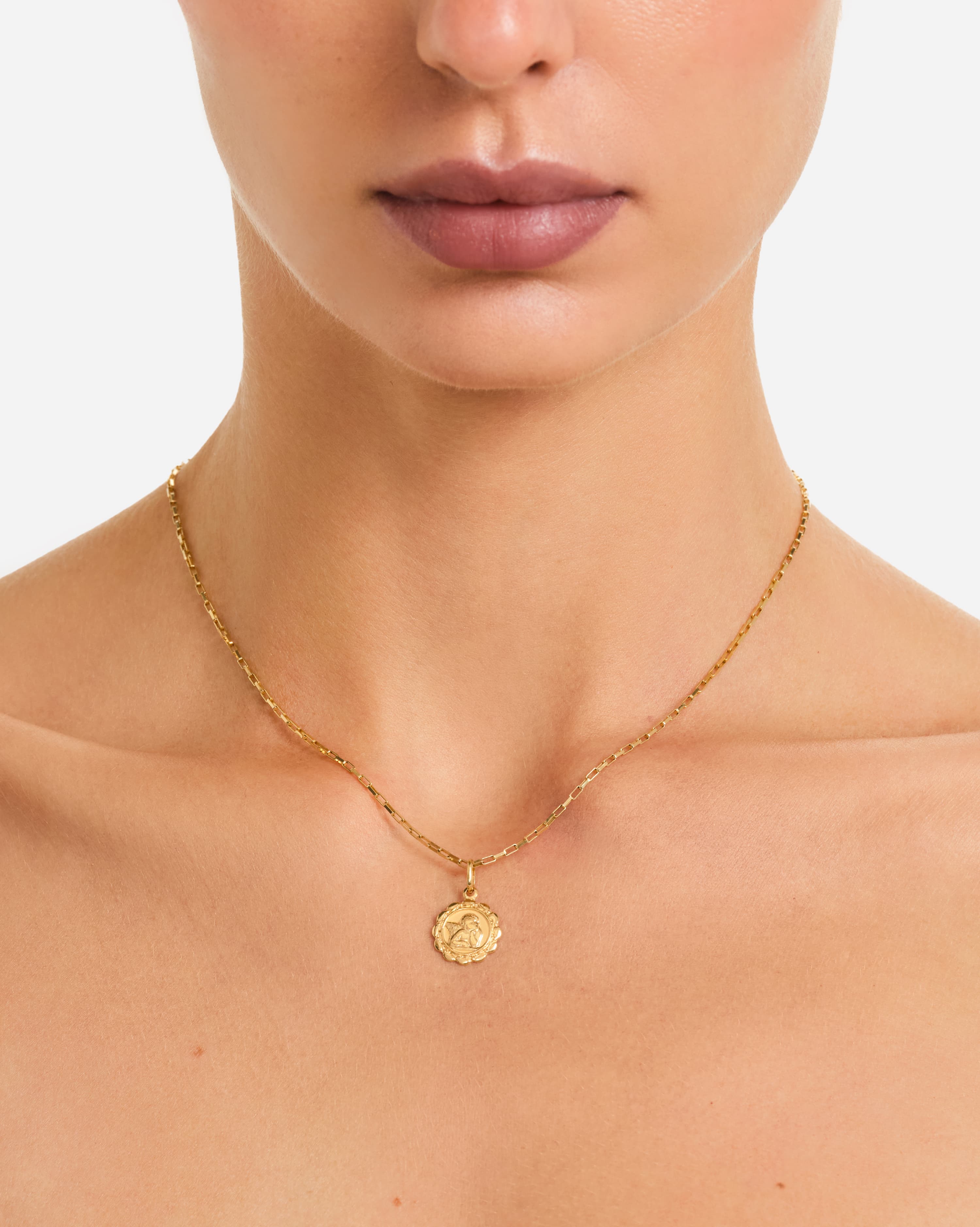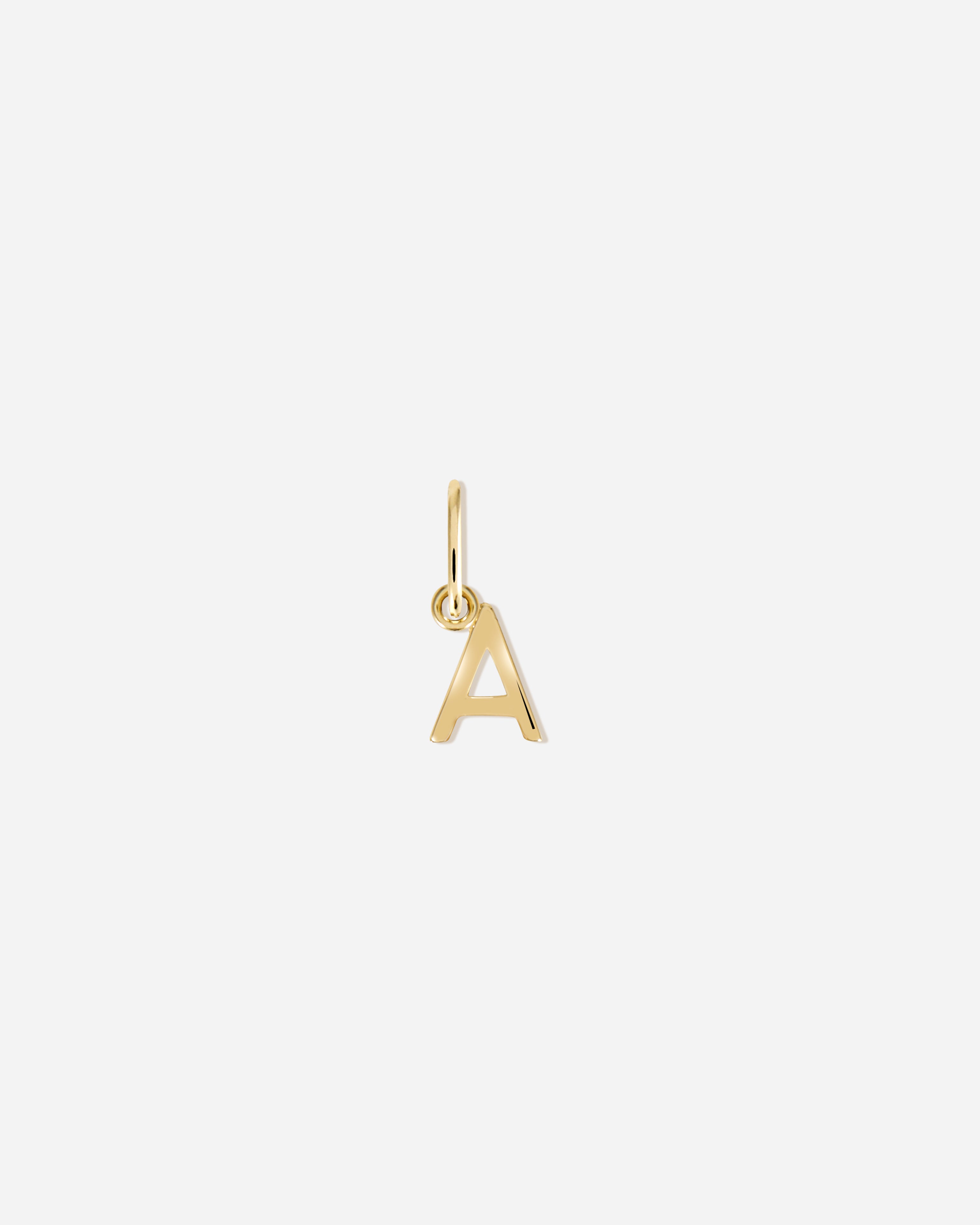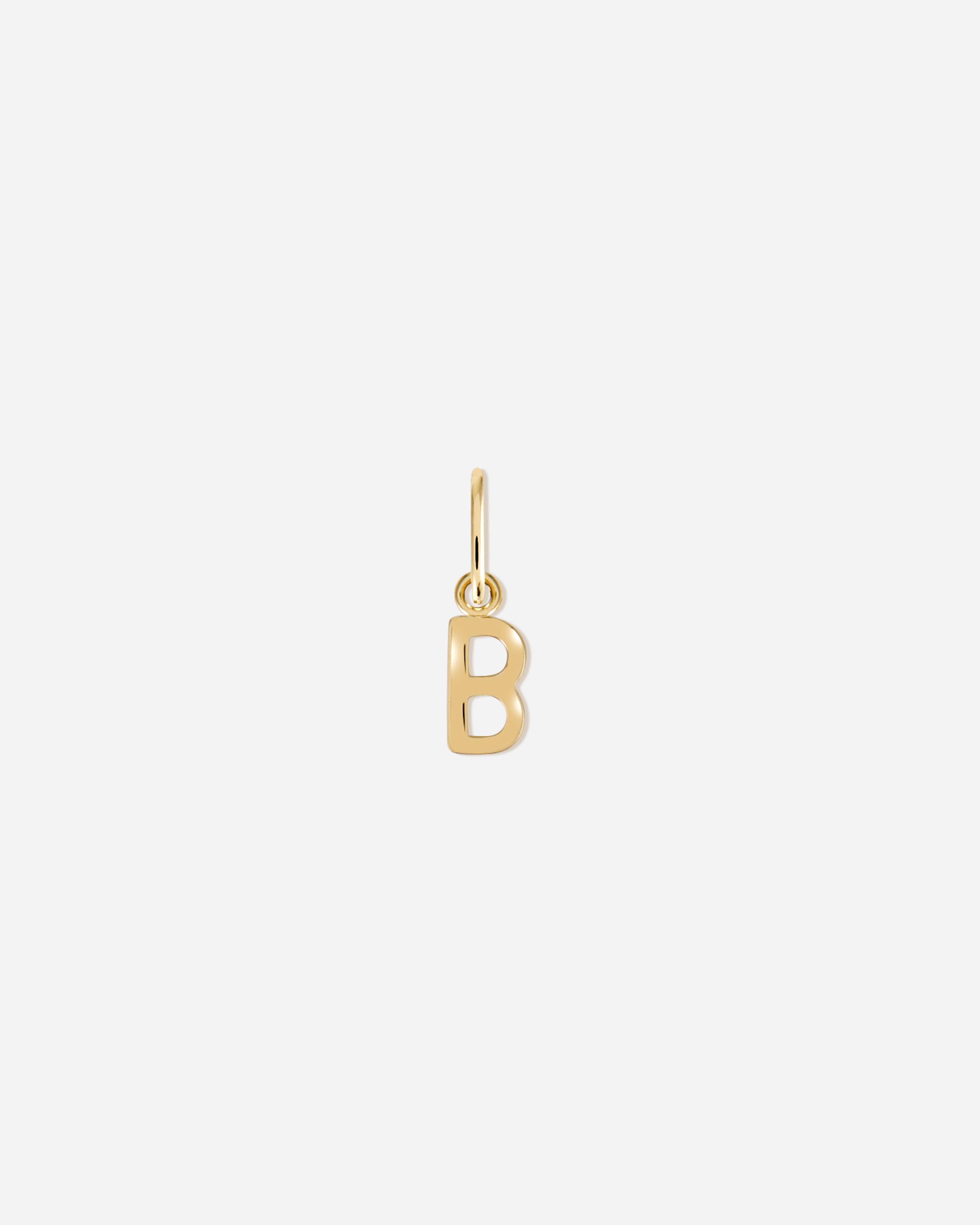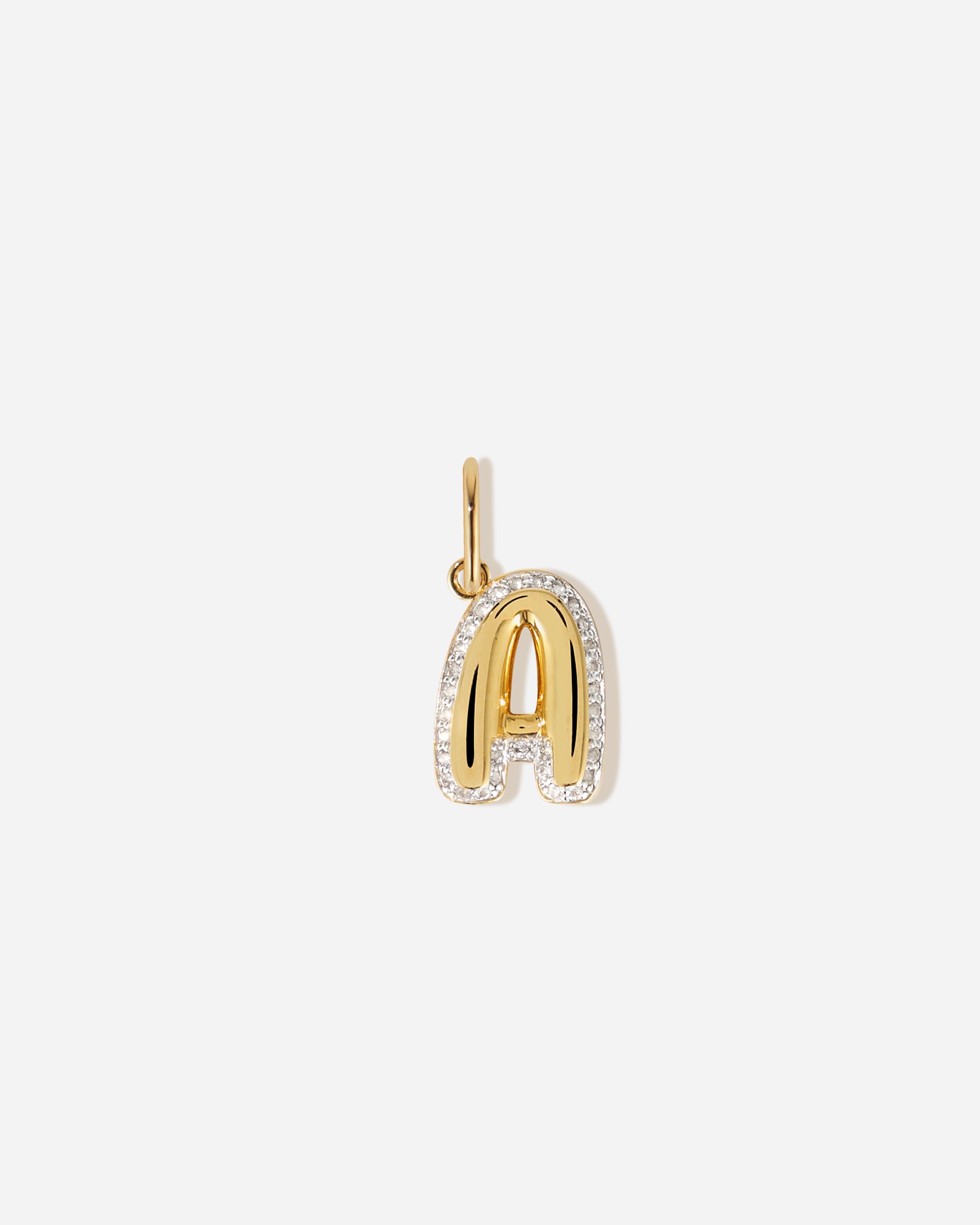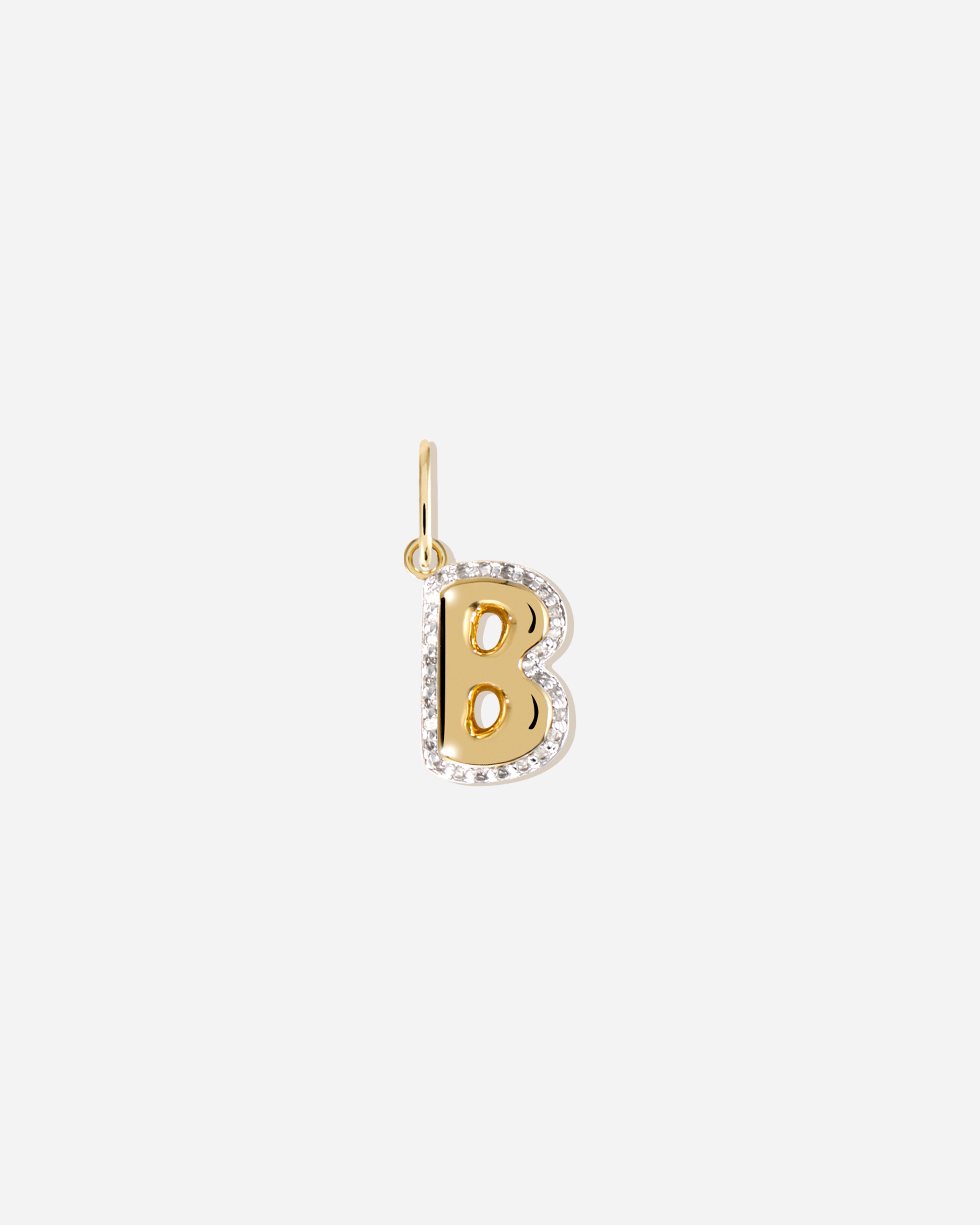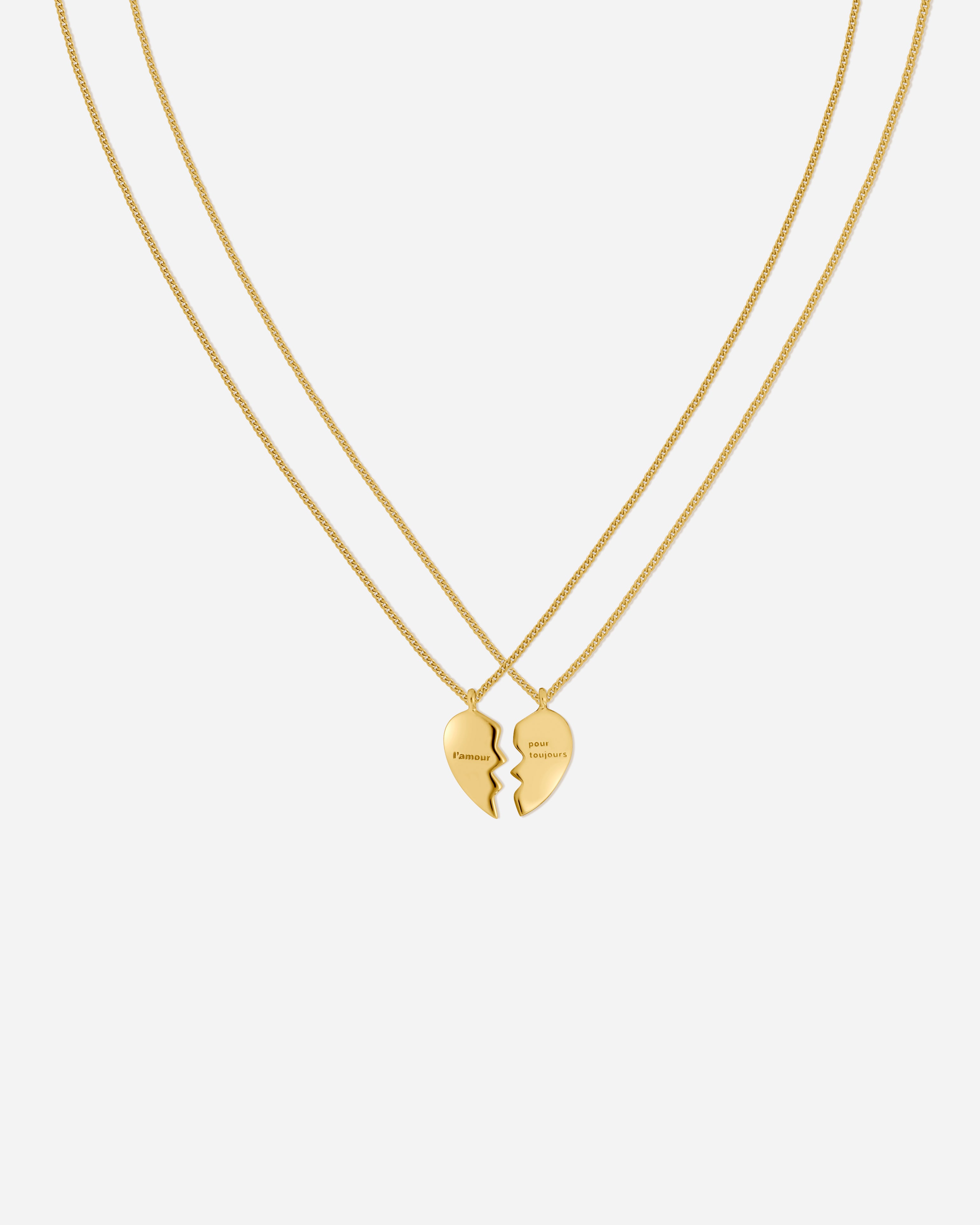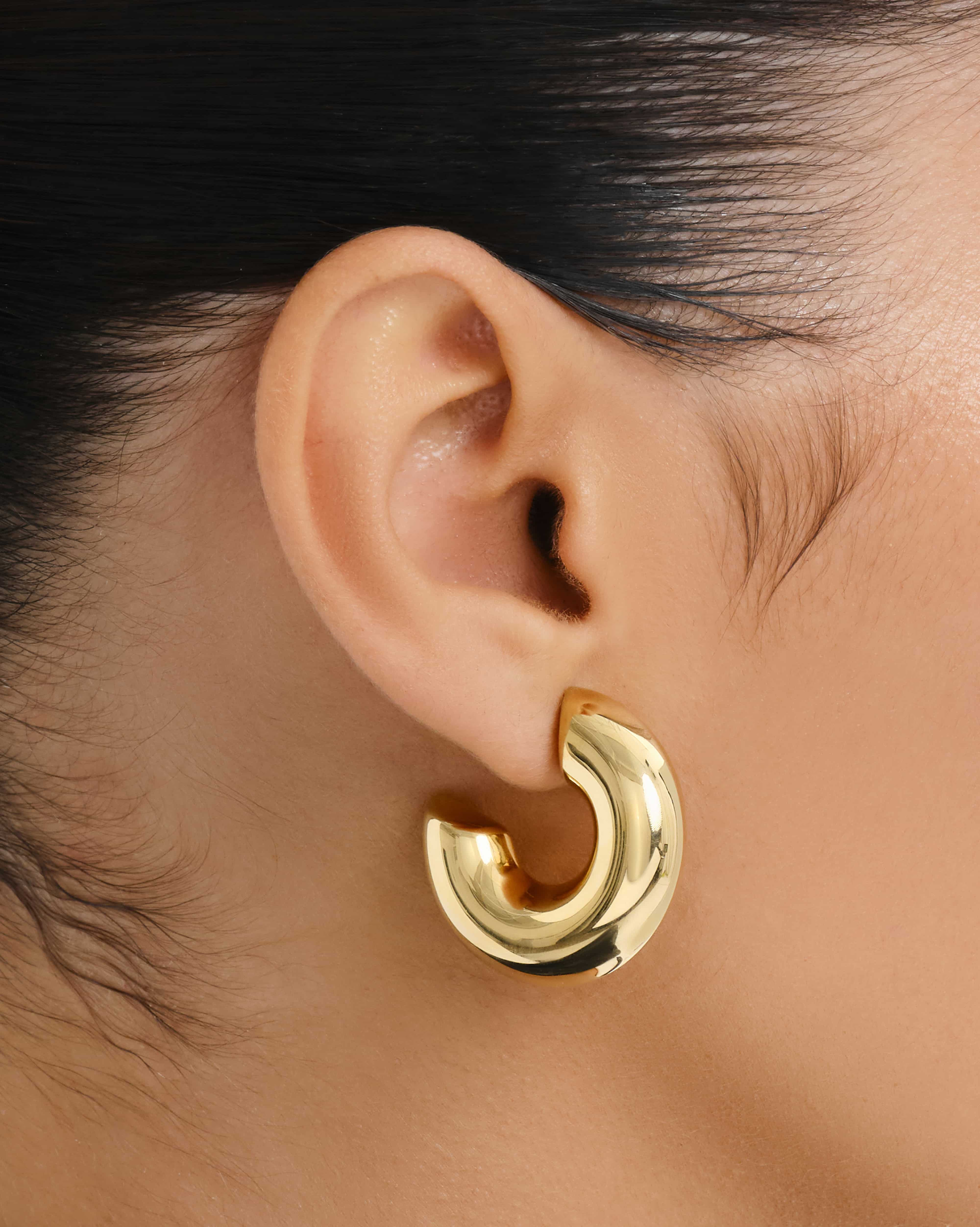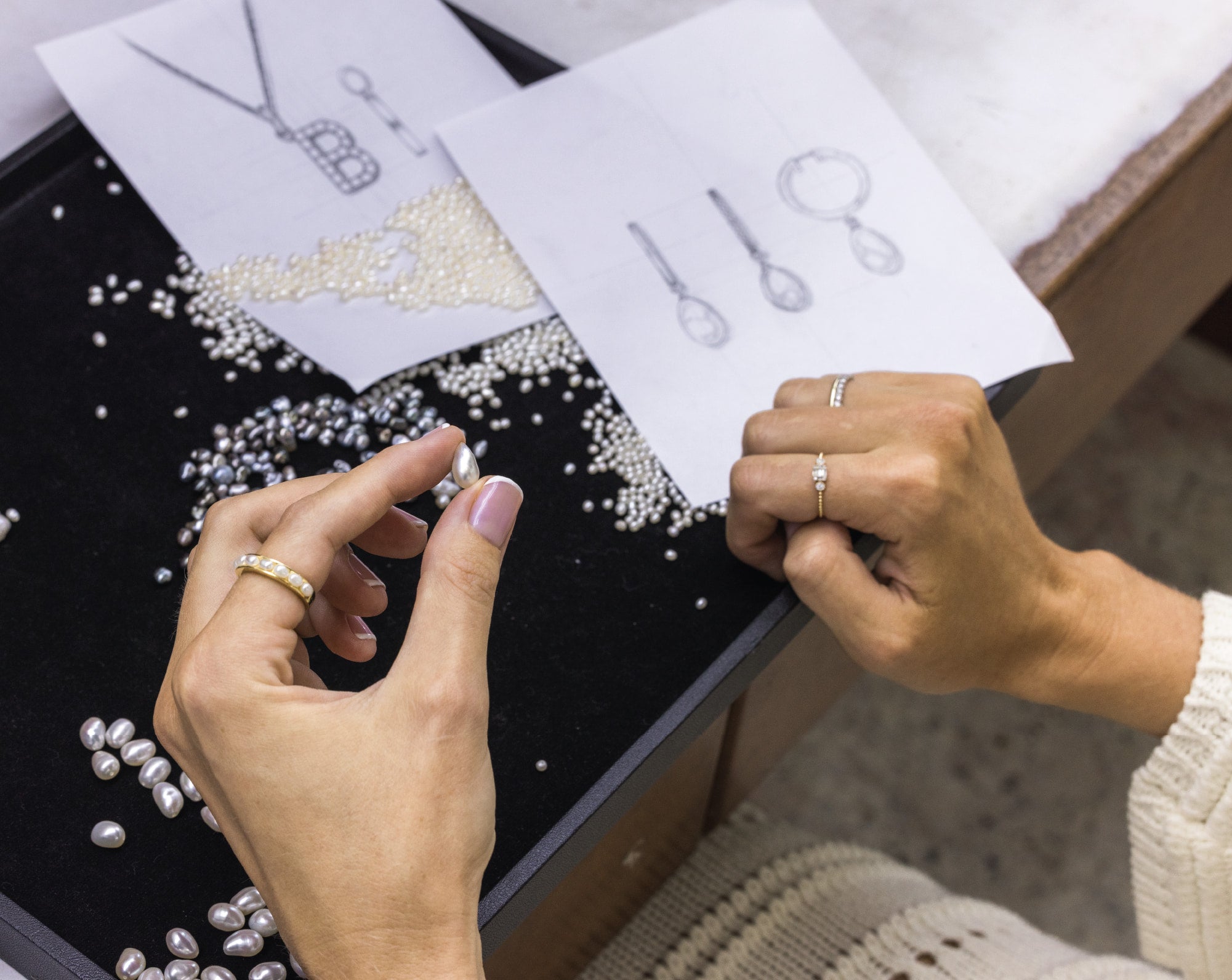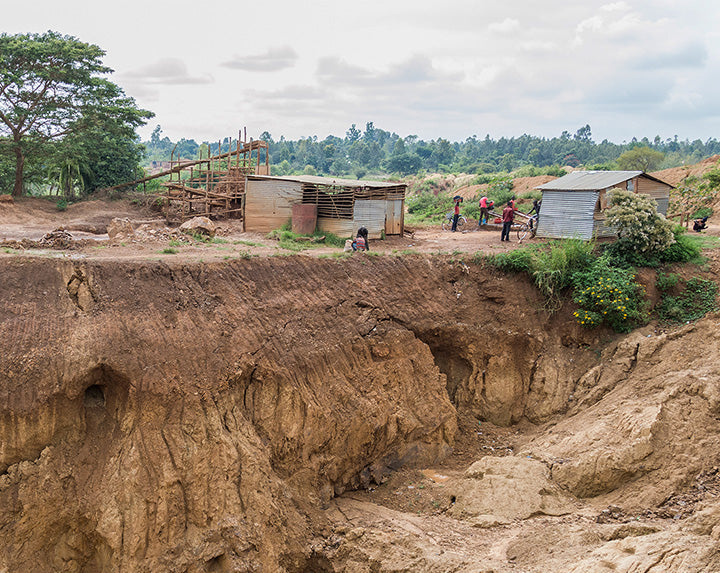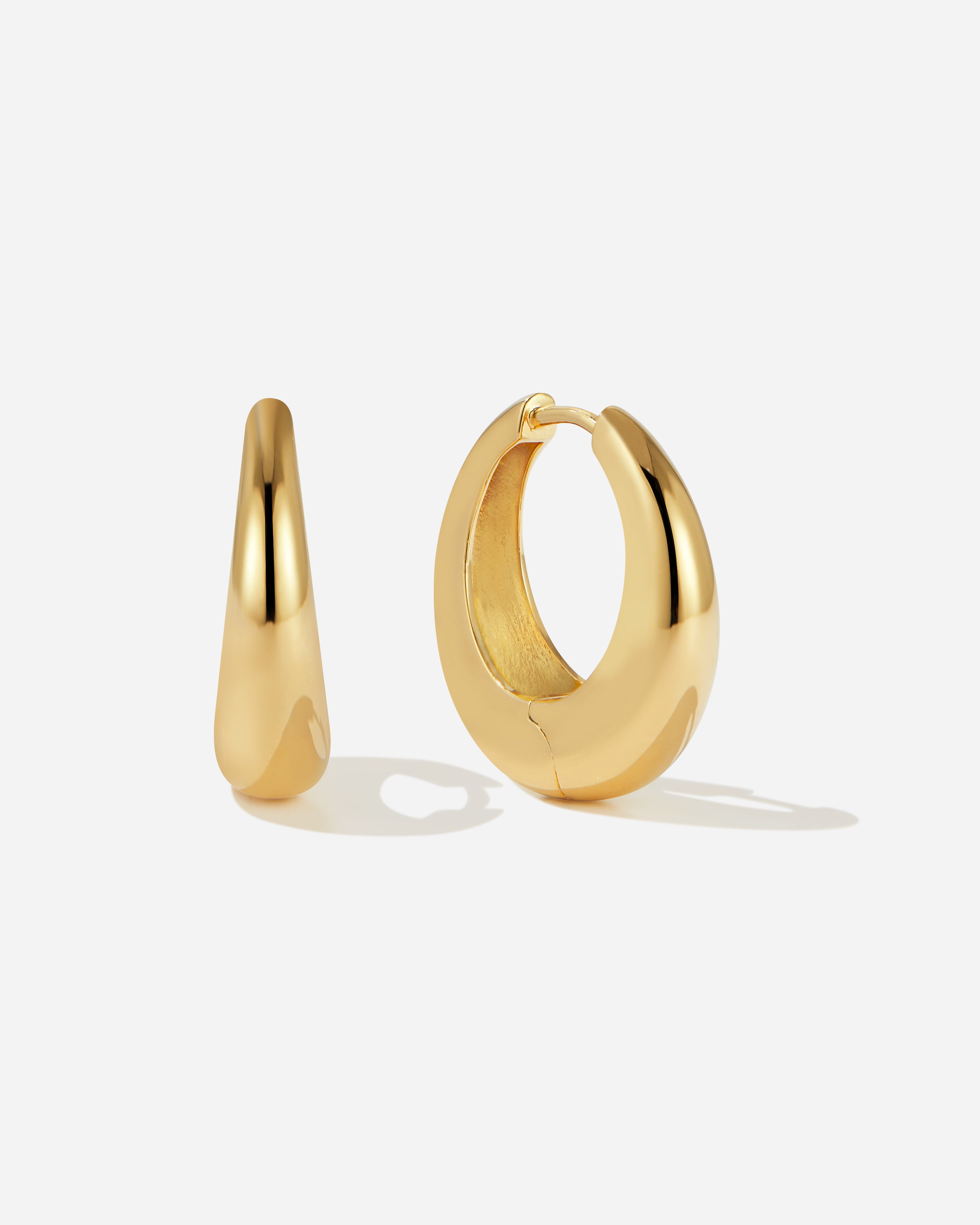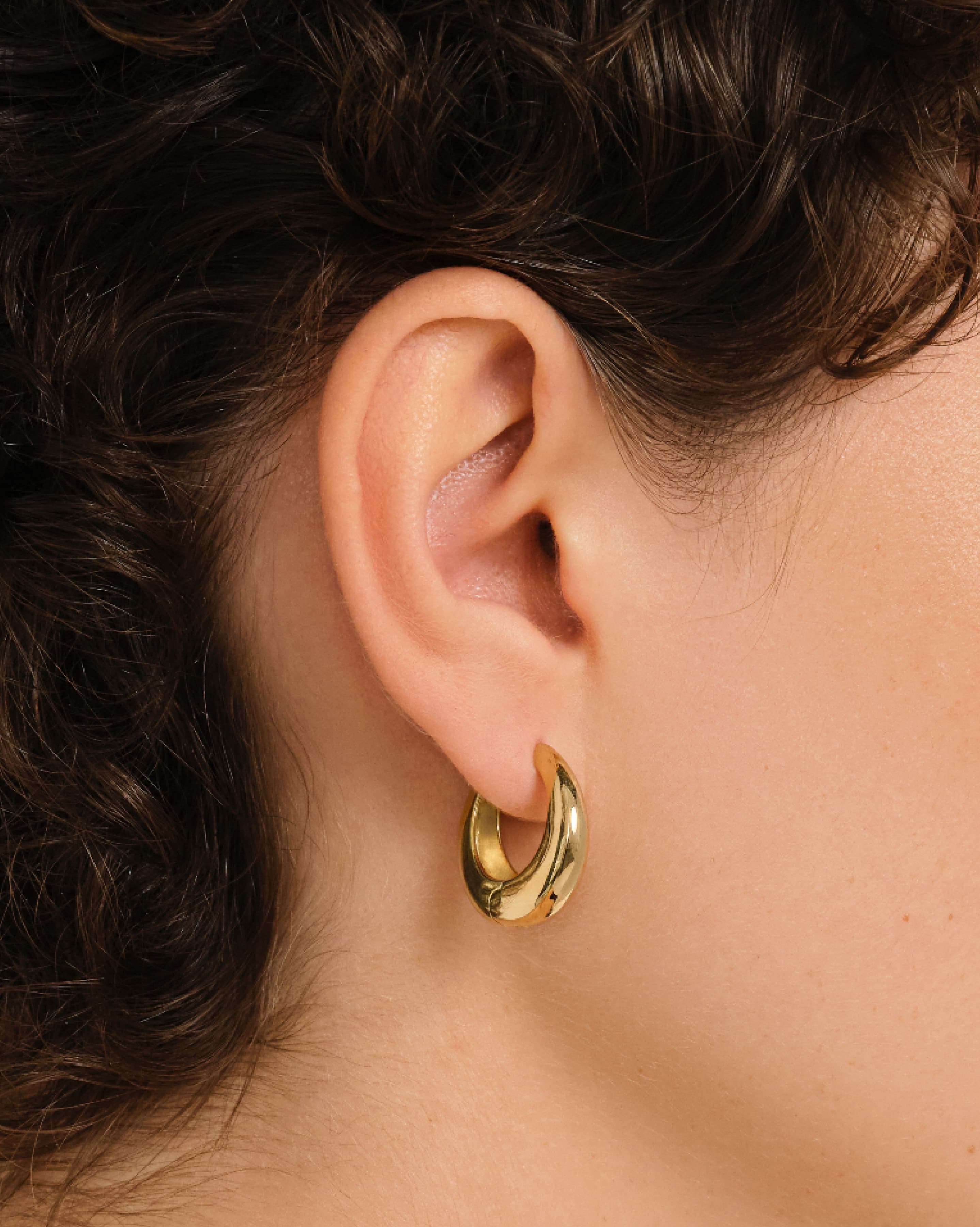Afghanistan
؋AFN
Afrique du Sud
€EUR
Albanie
LALL
Algérie
د.جDZD
Allemagne
€EUR
Andorre
€EUR
Angola
€EUR
Anguilla
$XCD
Antigua-et-Barbuda
$XCD
Arabie saoudite
ر.سSAR
Argentine
€EUR
Arménie
դր.AMD
Aruba
ƒAWG
Australie
$AUD
Autriche
€EUR
Azerbaïdjan
₼AZN
Bahamas
$BSD
Bahreïn
€EUR
Bangladesh
৳BDT
Barbade
$BBD
Belgique
€EUR
Belize
$BZD
Bénin
FrXOF
Bermudes
$USD
Bhoutan
€EUR
Biélorussie
€EUR
Bolivie
Bs.BOB
Bosnie-Herzégovine
КМBAM
Botswana
PBWP
Brésil
€EUR
Brunei
$BND
Bulgarie
€EUR
Burkina Faso
FrXOF
Burundi
FrBIF
Cambodge
៛KHR
Cameroun
CFAXAF
Canada
$CAD
Cap-Vert
$CVE
Chili
€EUR
Chypre
€EUR
Colombie
€EUR
Comores
FrKMF
Congo-Brazzaville
CFAXAF
Congo-Kinshasa
FrCDF
Corée du Sud
₩KRW
Costa Rica
₡CRC
Côte d’Ivoire
FrXOF
Croatie
€EUR
Curaçao
ƒANG
Danemark
kr.DKK
Djibouti
FdjDJF
Dominique
$XCD
Égypte
ج.مEGP
Émirats arabes unis
د.إAED
Équateur
$USD
Érythrée
€EUR
Espagne
€EUR
Estonie
€EUR
Eswatini
€EUR
État de la Cité du Vatican
€EUR
États-Unis
$USD
Éthiopie
BrETB
Fidji
$FJD
Finlande
€EUR
France
€EUR
Gabon
FrXOF
Gambie
DGMD
Géorgie
€EUR
Géorgie du Sud-et-les Îles Sandwich du Sud
£GBP
Ghana
€EUR
Gibraltar
£GBP
Grèce
€EUR
Grenade
$XCD
Groenland
kr.DKK
Guadeloupe
€EUR
Guatemala
QGTQ
Guernesey
£GBP
Guinée
FrGNF
Guinée équatoriale
CFAXAF
Guinée-Bissau
FrXOF
Guyana
$GYD
Guyane française
€EUR
Haïti
€EUR
Honduras
LHNL
Hongrie
FtHUF
Île Bouvet
€EUR
Île Christmas
$AUD
Île Norfolk
$AUD
Île de Man
£GBP
Îles Åland
€EUR
Îles Caïmans
$KYD
Îles Cocos
$AUD
Îles Cook
$NZD
Îles Féroé
kr.DKK
Îles Heard-et-MacDonald
$AUD
Îles Malouines
£FKP
Îles Pitcairn
$NZD
Îles Salomon
$SBD
Îles Turques-et-Caïques
$USD
Îles Vierges britanniques
$USD
Îles mineures éloignées des États-Unis
$USD
Inde
₹INR
Indonésie
RpIDR
Irak
€EUR
Irlande
€EUR
Islande
krISK
Israël
₪ILS
Italie
€EUR
Jamaïque
$JMD
Japon
¥JPY
Jersey
€EUR
Jordanie
€EUR
Kazakhstan
₸KZT
Kenya
KShKES
Kirghizstan
somKGS
Kiribati
€EUR
Kosovo
€EUR
Koweït
€EUR
La Réunion
€EUR
Laos
₭LAK
Lesotho
€EUR
Lettonie
€EUR
Liban
ل.لLBP
Liberia
€EUR
Libye
€EUR
Liechtenstein
CHF
Lituanie
€EUR
Luxembourg
€EUR
Macédoine du Nord
денMKD
Madagascar
€EUR
Malaisie
RMMYR
Malawi
MKMWK
Maldives
MVR
Mali
FrXOF
Malte
€EUR
Maroc
د.م.MAD
Martinique
€EUR
Maurice
₨MUR
Mauritanie
€EUR
Mayotte
€EUR
Mexique
€EUR
Moldavie
LMDL
Monaco
€EUR
Mongolie
₮MNT
Monténégro
€EUR
Montserrat
$XCD
Mozambique
€EUR
Myanmar (Birmanie)
KMMK
Namibie
€EUR
Nauru
$AUD
Népal
Rs.NPR
Nicaragua
C$NIO
Niger
FrXOF
Nigeria
₦NGN
Niue
$NZD
Norvège
€EUR
Nouvelle-Calédonie
FrXPF
Nouvelle-Zélande
$NZD
Oman
€EUR
Ouganda
UShUGX
Ouzbékistan
so'mUZS
Pakistan
₨PKR
Panama
$USD
Papouasie-Nouvelle-Guinée
KPGK
Paraguay
₲PYG
Pays-Bas
€EUR
Pays-Bas caribéens
$USD
Pérou
S/PEN
Philippines
₱PHP
Pologne
złPLN
Polynésie française
FrXPF
Portugal
€EUR
Qatar
ر.قQAR
R.A.S. chinoise de Hong Kong
$HKD
R.A.S. chinoise de Macao
PMOP
République centrafricaine
CFAXAF
République dominicaine
$DOP
Roumanie
LeiRON
Royaume-Uni
£GBP
Rwanda
FRwRWF
Sahara occidental
د.م.MAD
Saint-Barthélemy
€EUR
Saint-Christophe-et-Niévès
$XCD
Saint-Marin
€EUR
Saint-Martin
€EUR
Saint-Martin (partie néerlandaise)
ƒANG
Saint-Pierre-et-Miquelon
€EUR
Saint-Vincent-et-les Grenadines
$XCD
Sainte-Hélène
£SHP
Sainte-Lucie
$XCD
Salvador
$USD
Samoa
TWST
Sao Tomé-et-Principe
DbSTD
Sénégal
FrXOF
Serbie
РСДRSD
Seychelles
€EUR
Sierra Leone
LeSLL
Singapour
$SGD
Slovaquie
€EUR
Slovénie
€EUR
Somalie
€EUR
Soudan
€EUR
Soudan du Sud
€EUR
Sri Lanka
₨LKR
Suède
krSEK
Suisse
CHF
Suriname
€EUR
Svalbard et Jan Mayen
€EUR
Tadjikistan
ЅМTJS
Taïwan
$TWD
Tanzanie
ShTZS
Tchad
CFAXAF
Tchéquie
KčCZK
Terres australes françaises
€EUR
Territoire britannique de l’océan Indien
$USD
Territoires palestiniens
₪ILS
Thaïlande
฿THB
Timor oriental
$USD
Togo
FrXOF
Tokelau
$NZD
Tonga
T$TOP
Trinité-et-Tobago
$TTD
Tunisie
€EUR
Turkménistan
€EUR
Turquie
€EUR
Tuvalu
$AUD
Ukraine
₴UAH
Uruguay
$UUYU
Vanuatu
VtVUV
Venezuela
$USD
Viêt Nam
₫VND
Wallis-et-Futuna
FrXPF
Yémen
﷼YER
Zambie
€EUR
Zimbabwe
$USD








